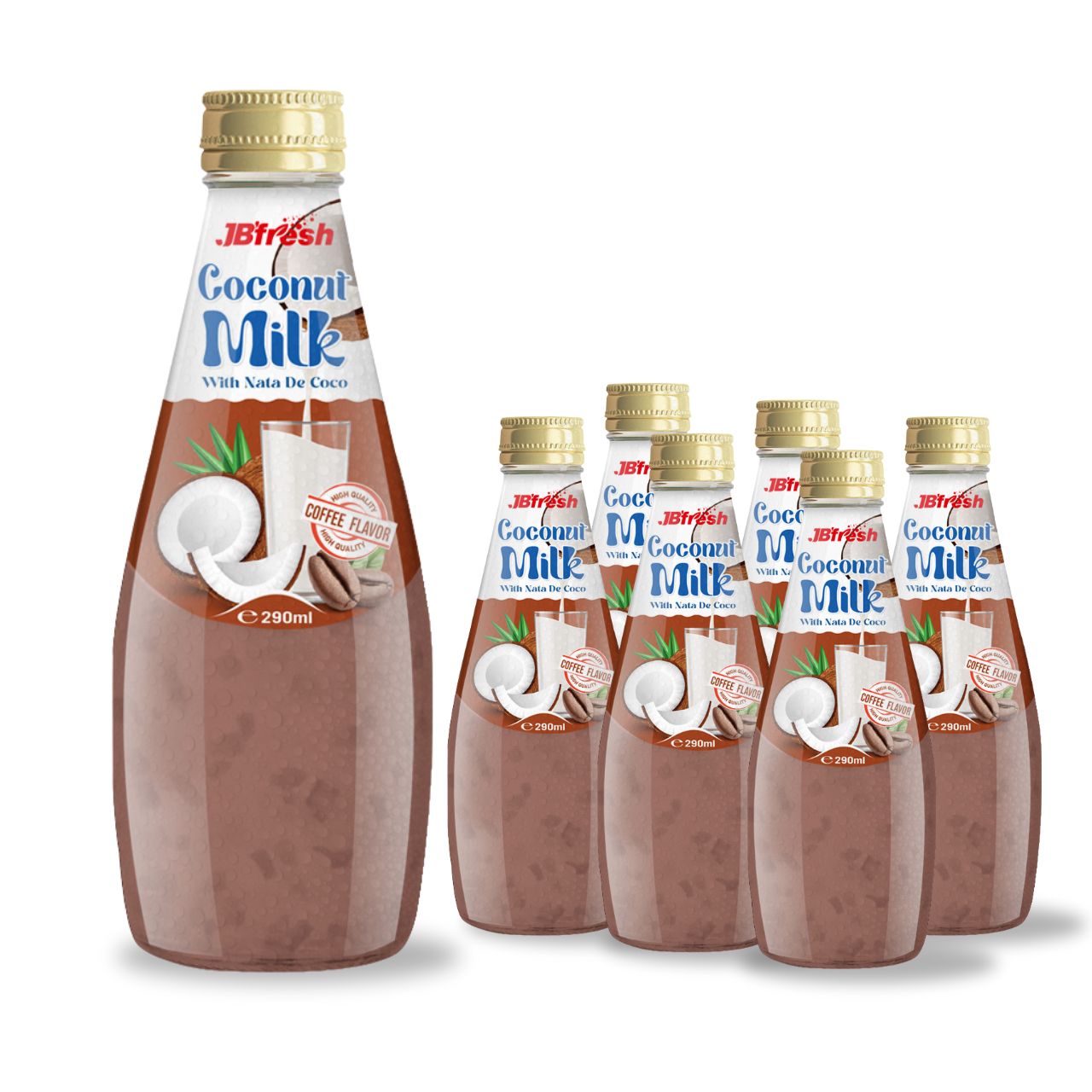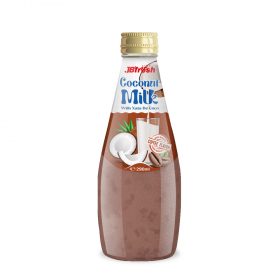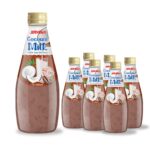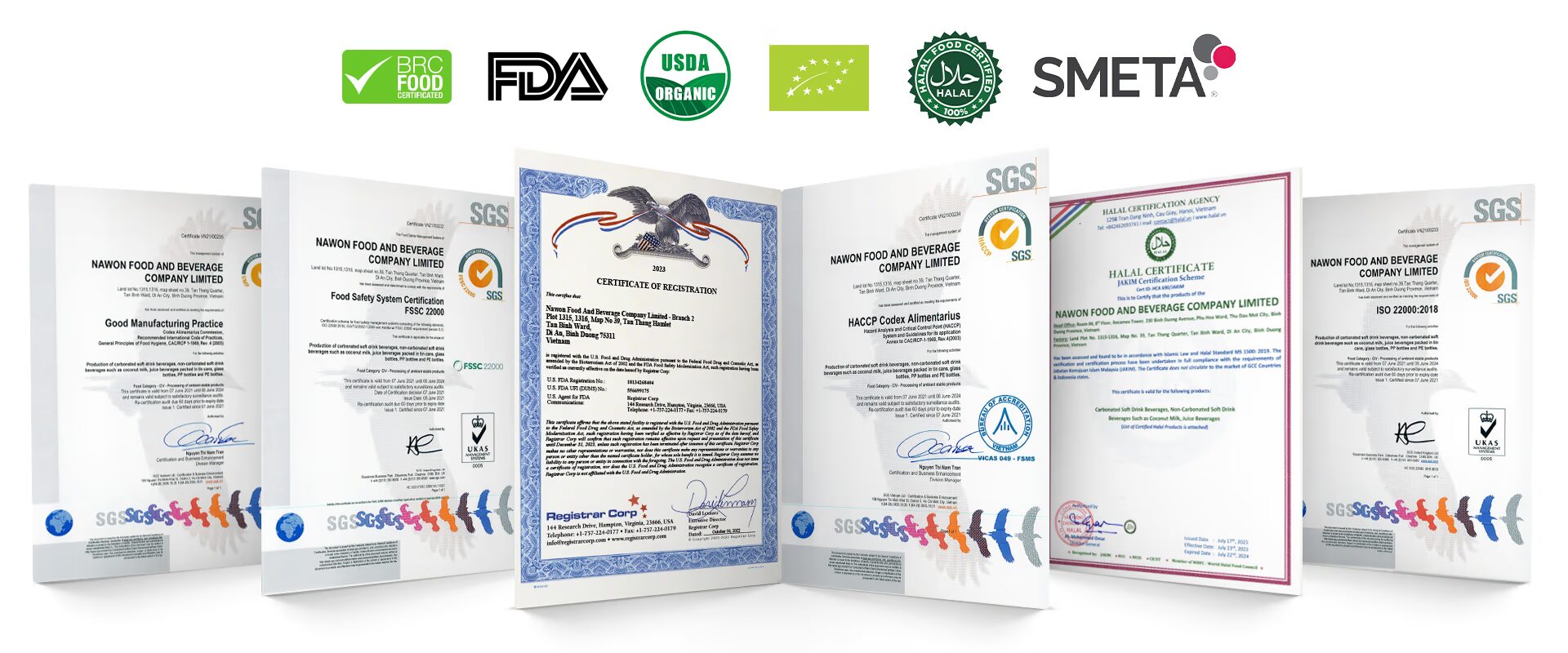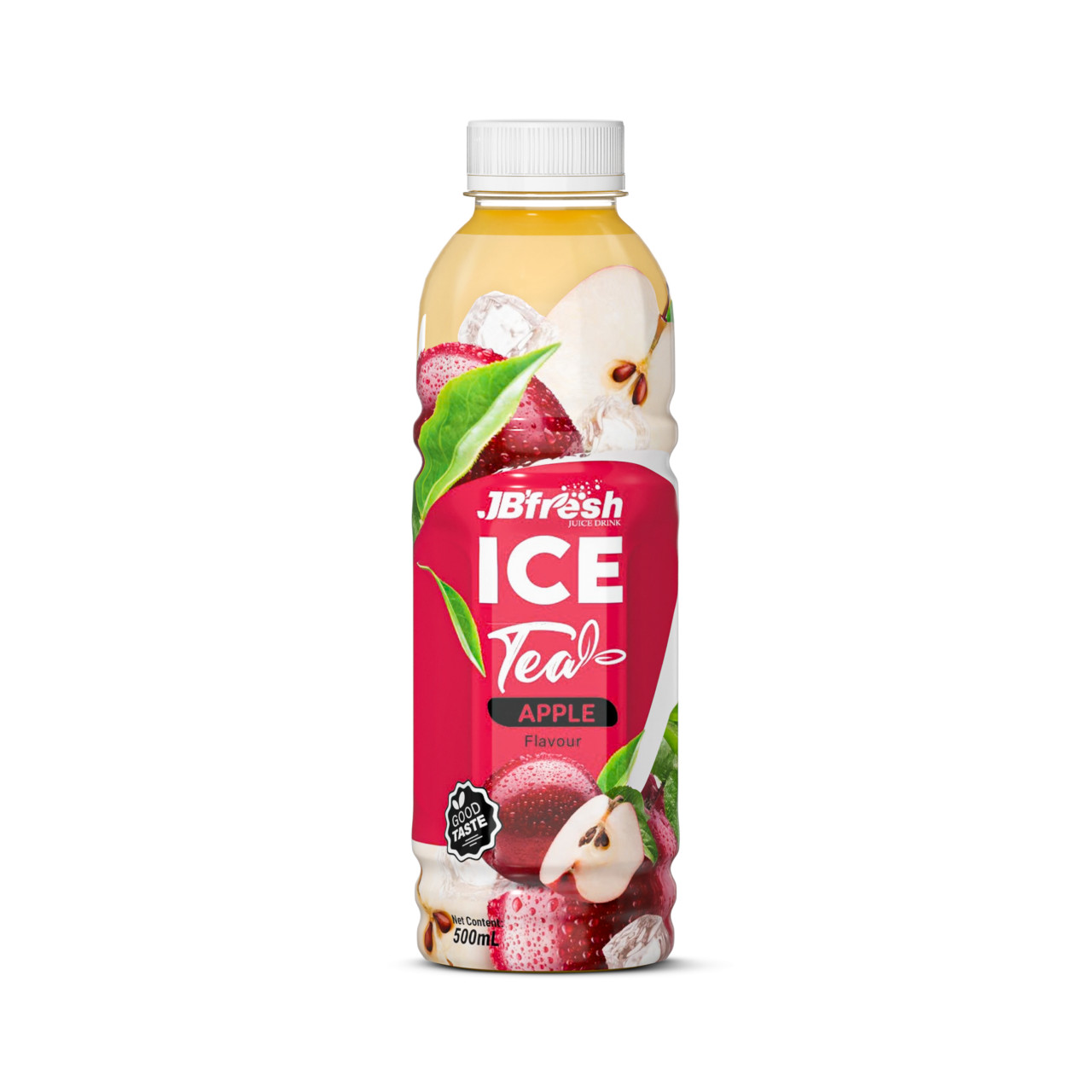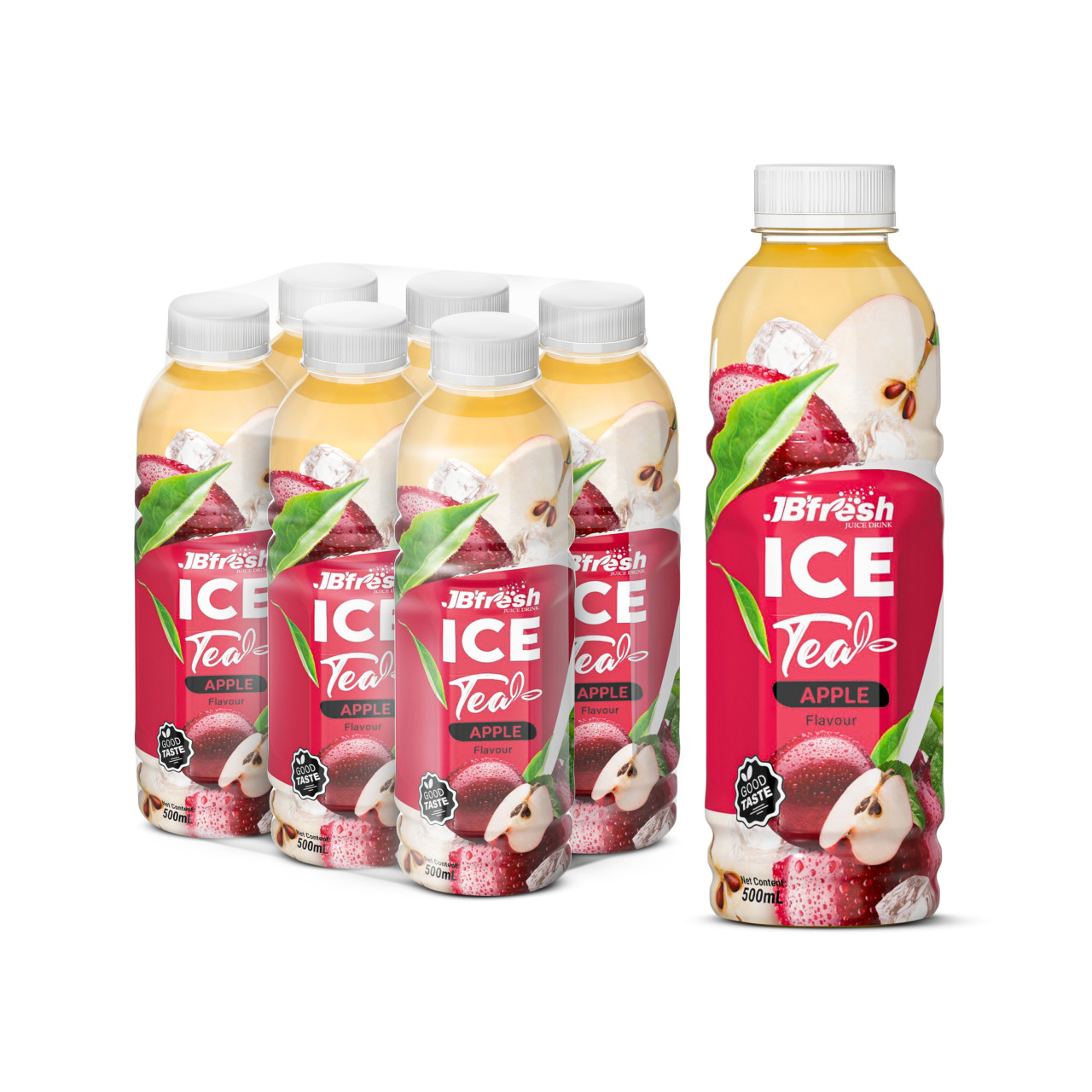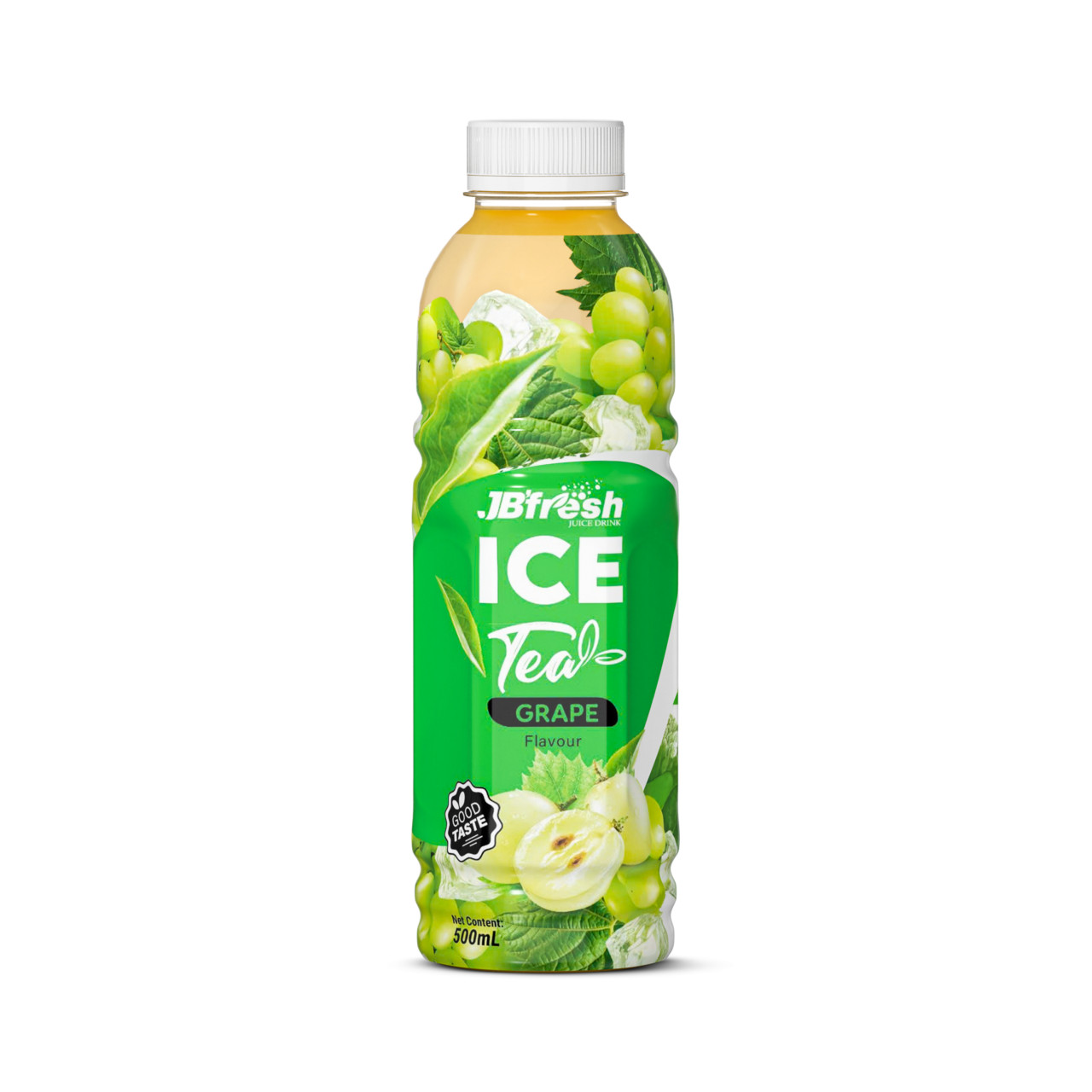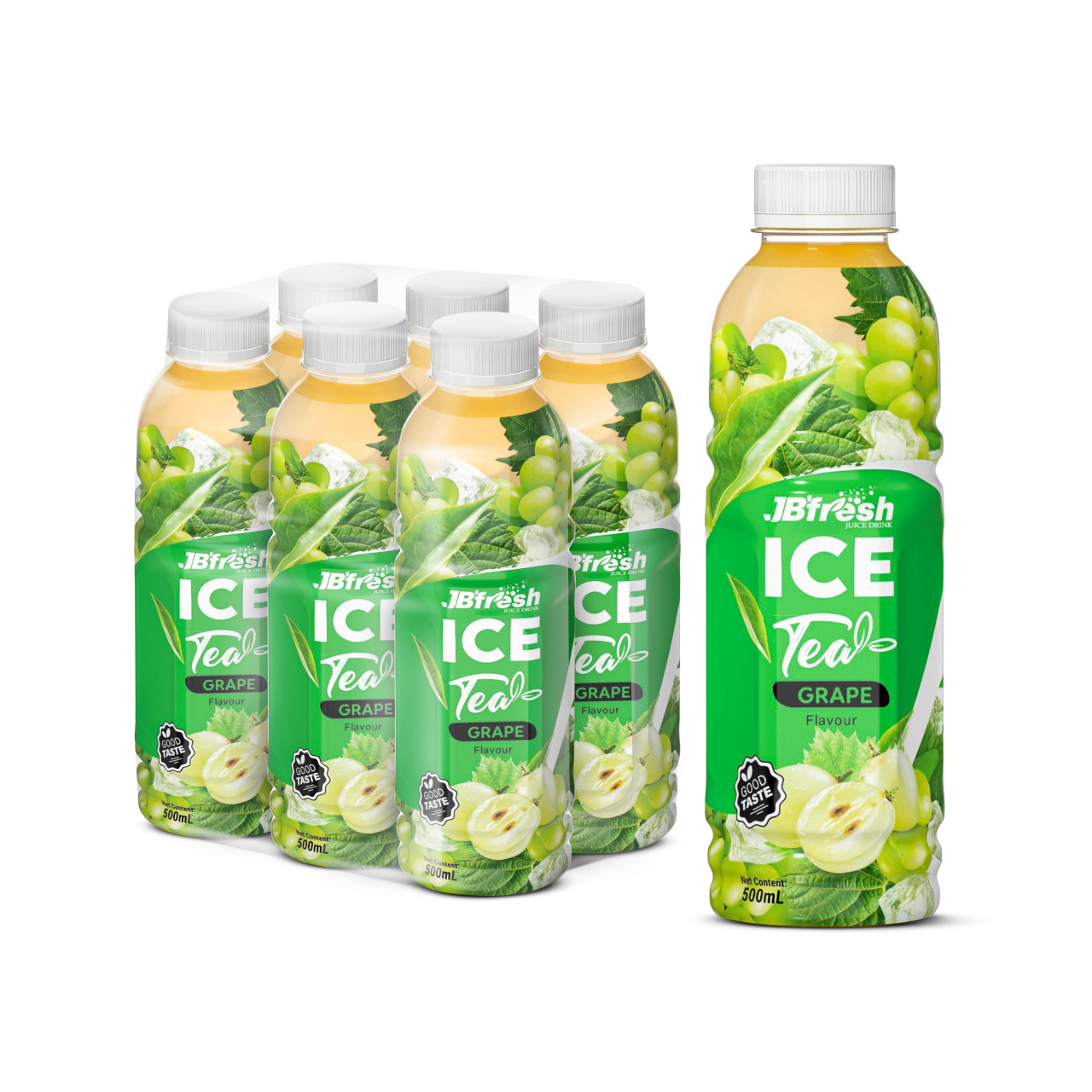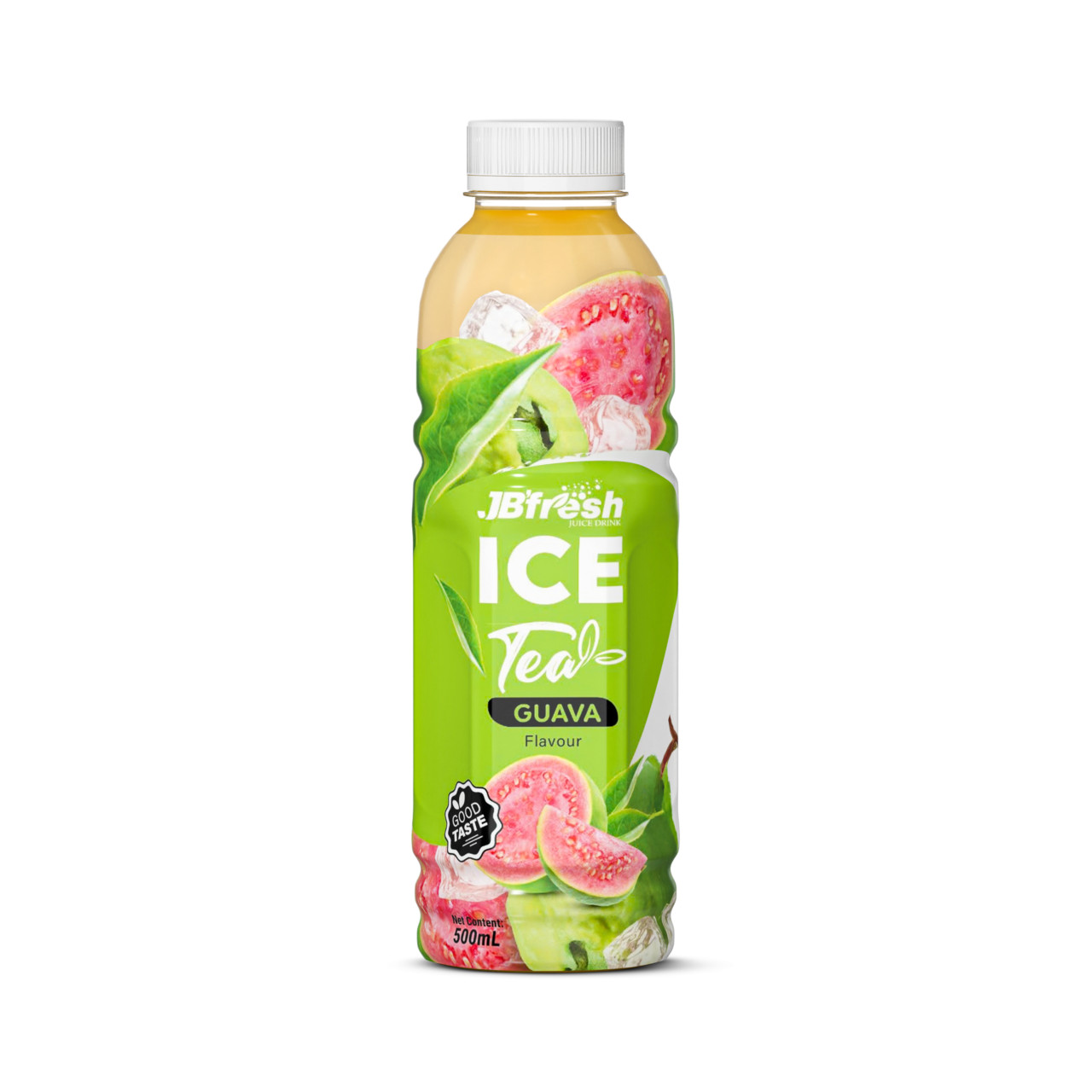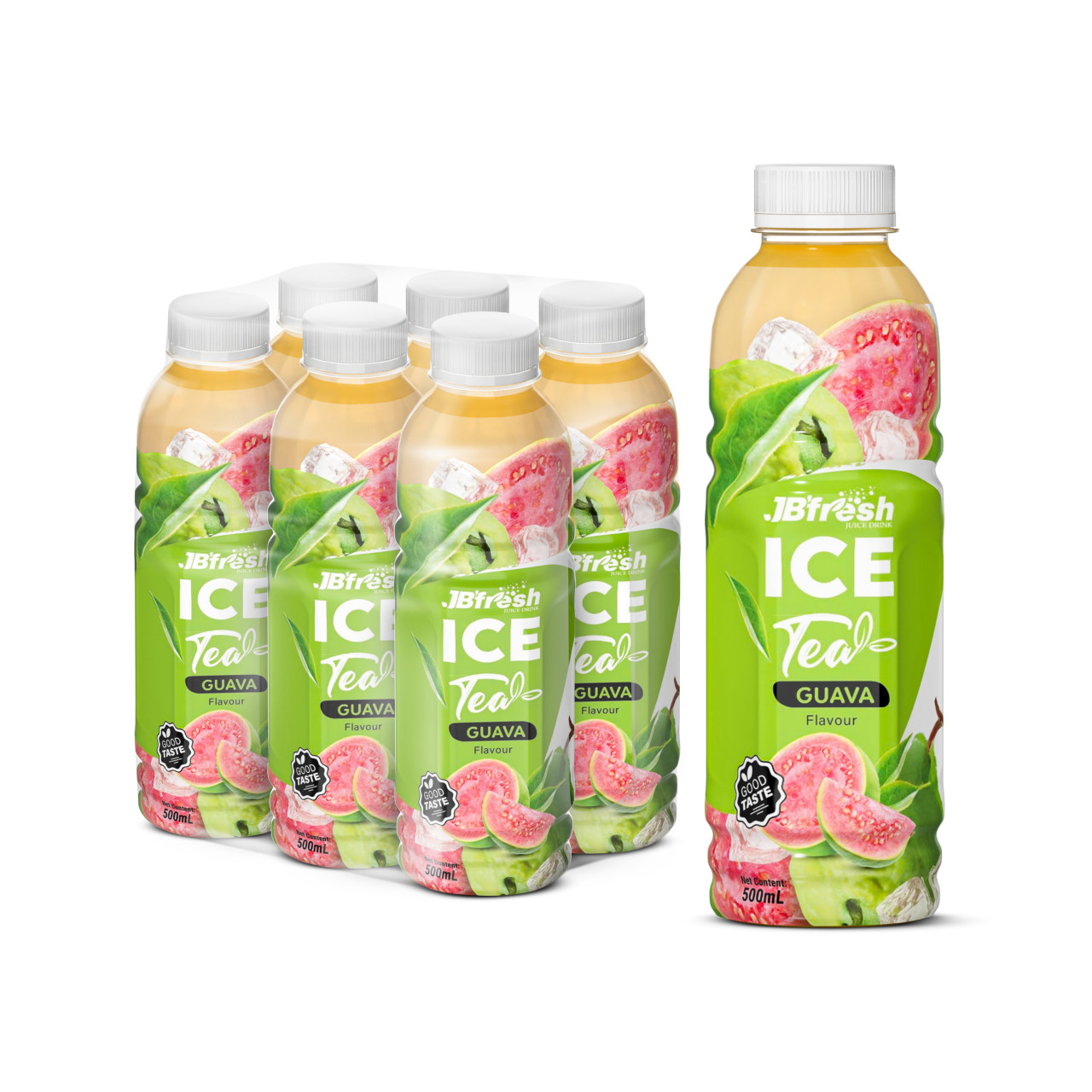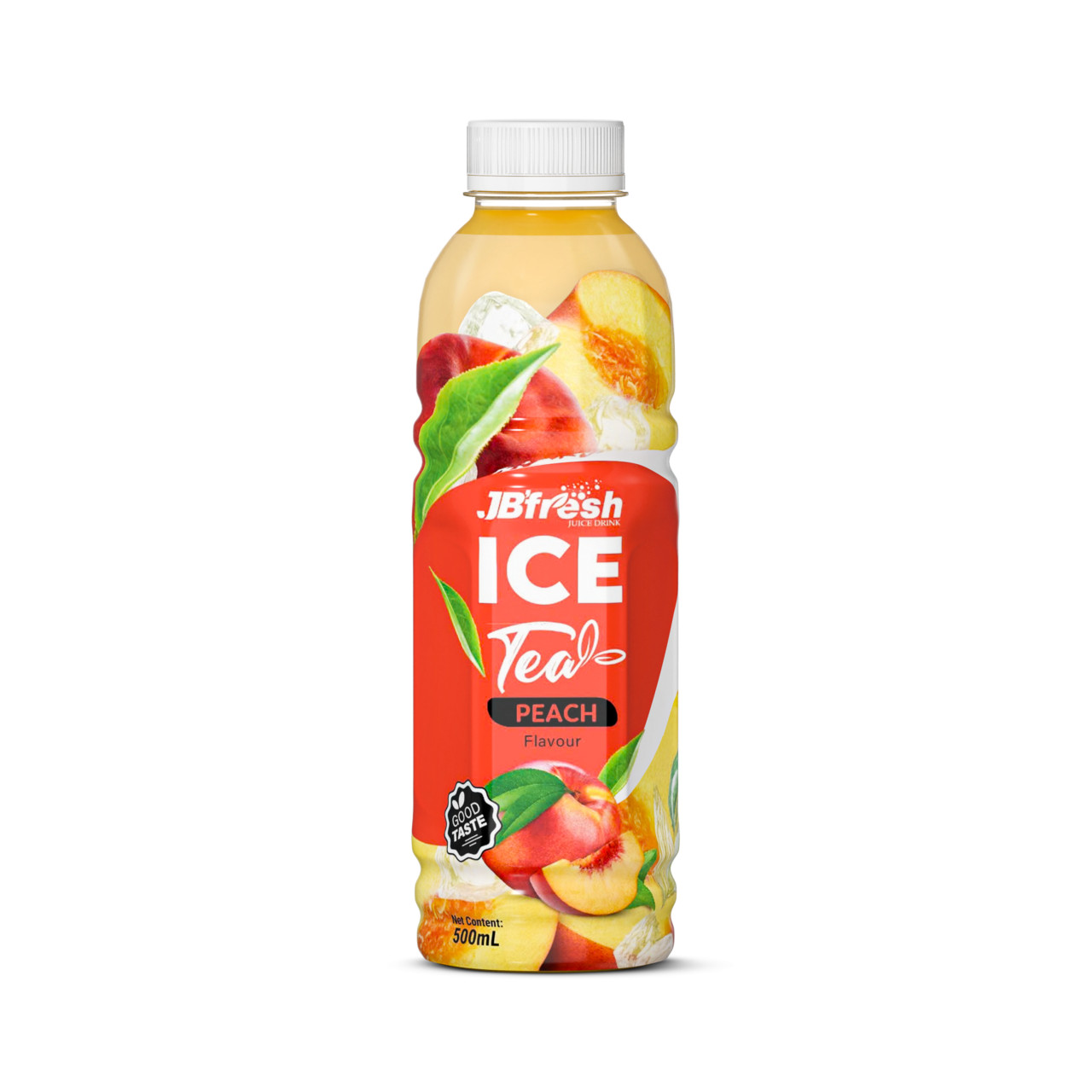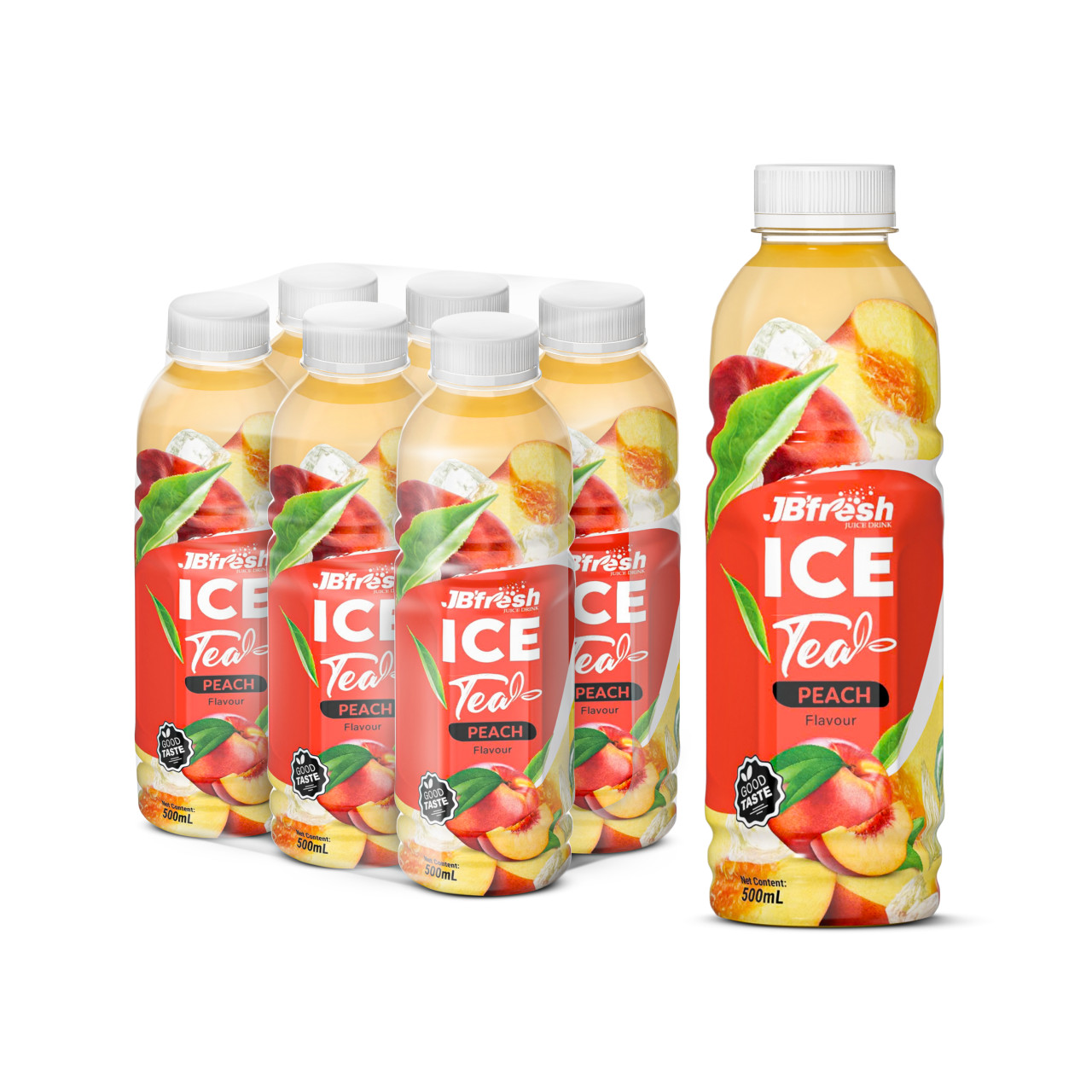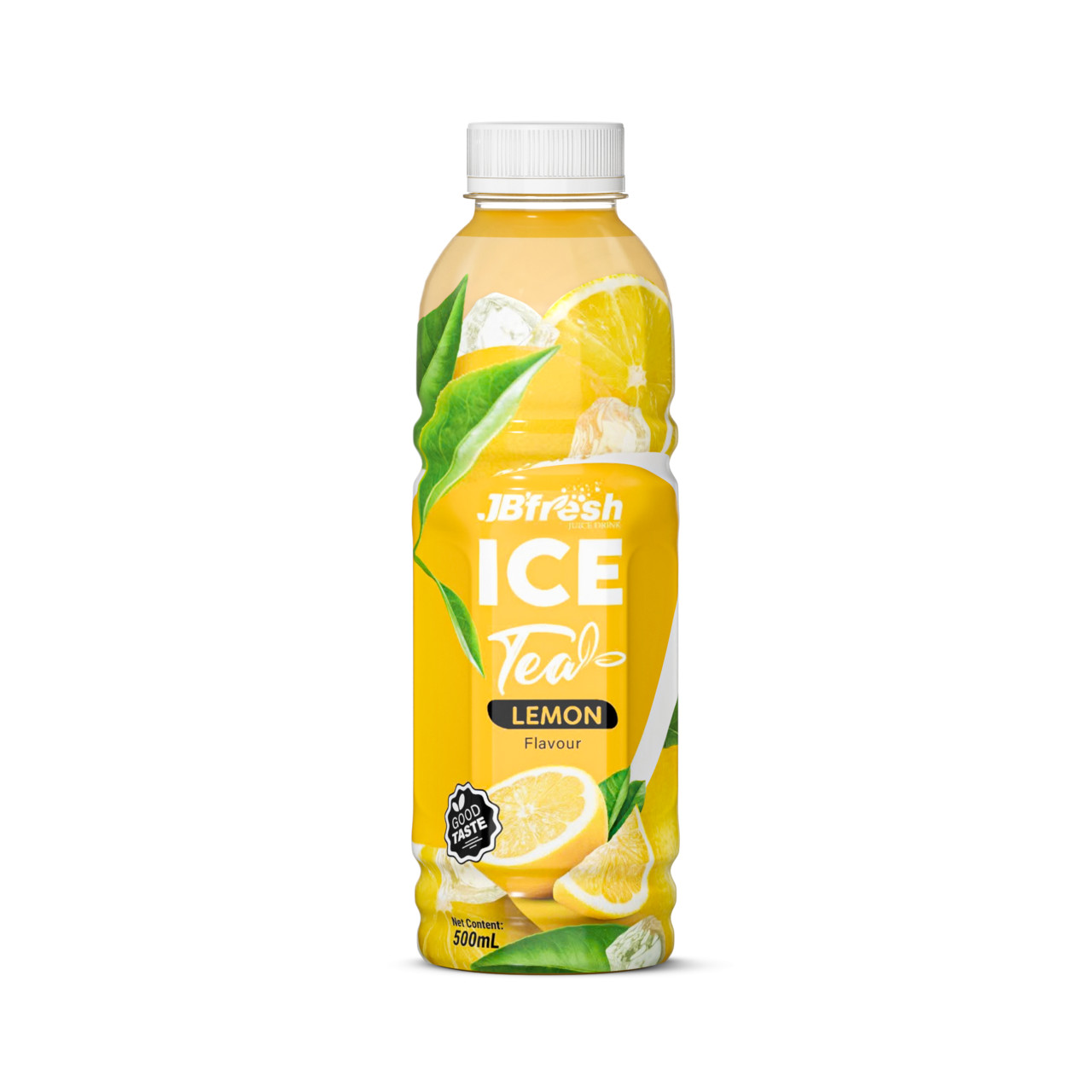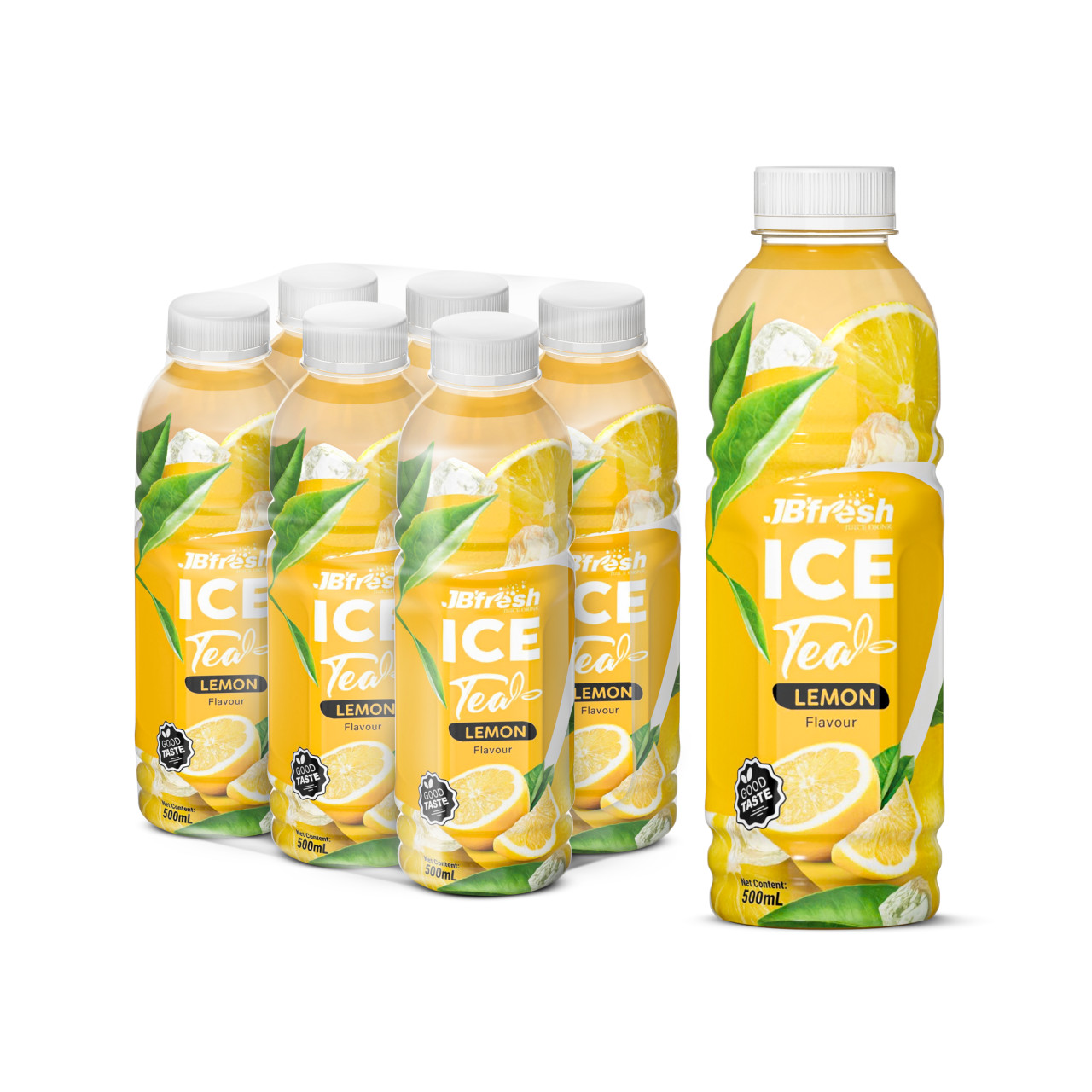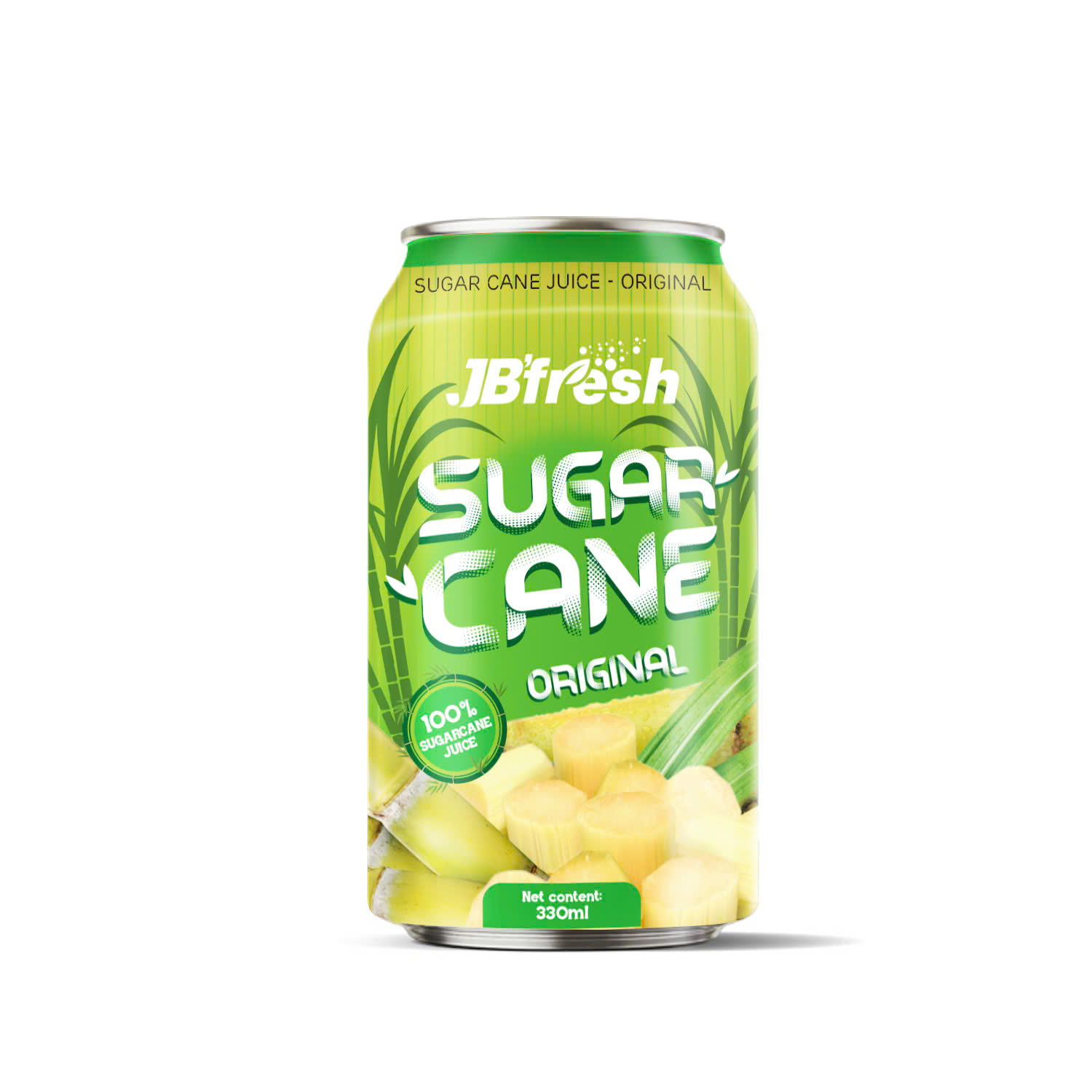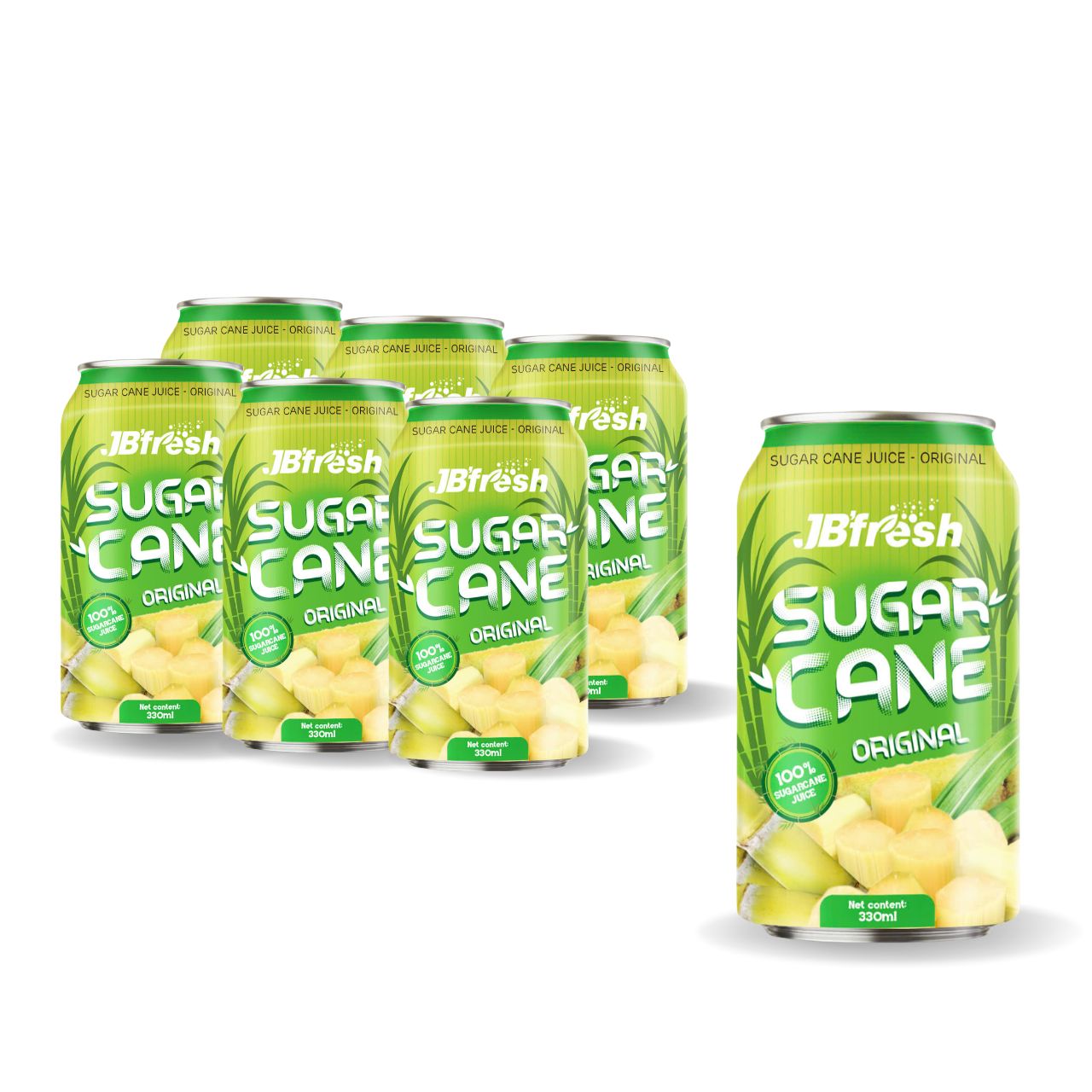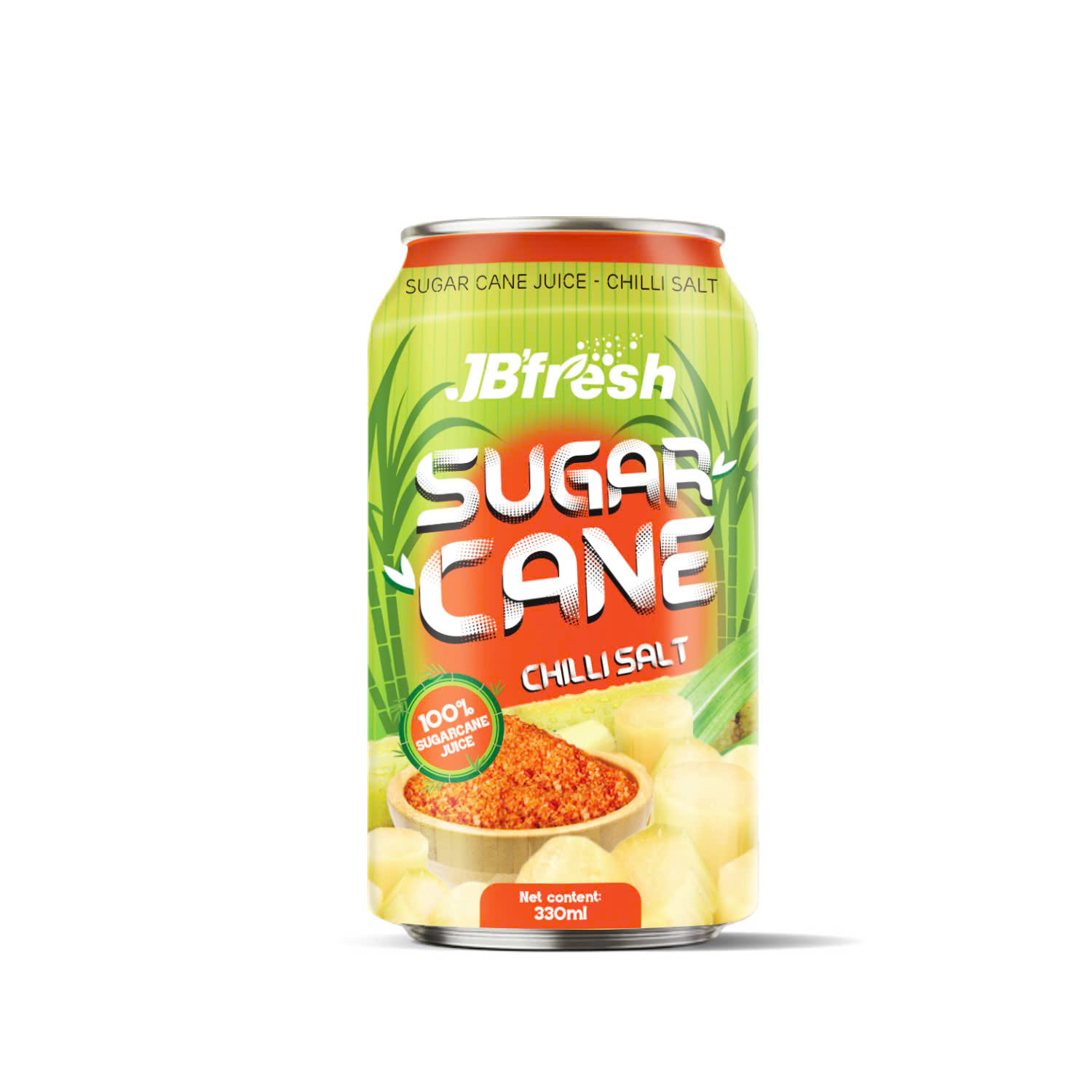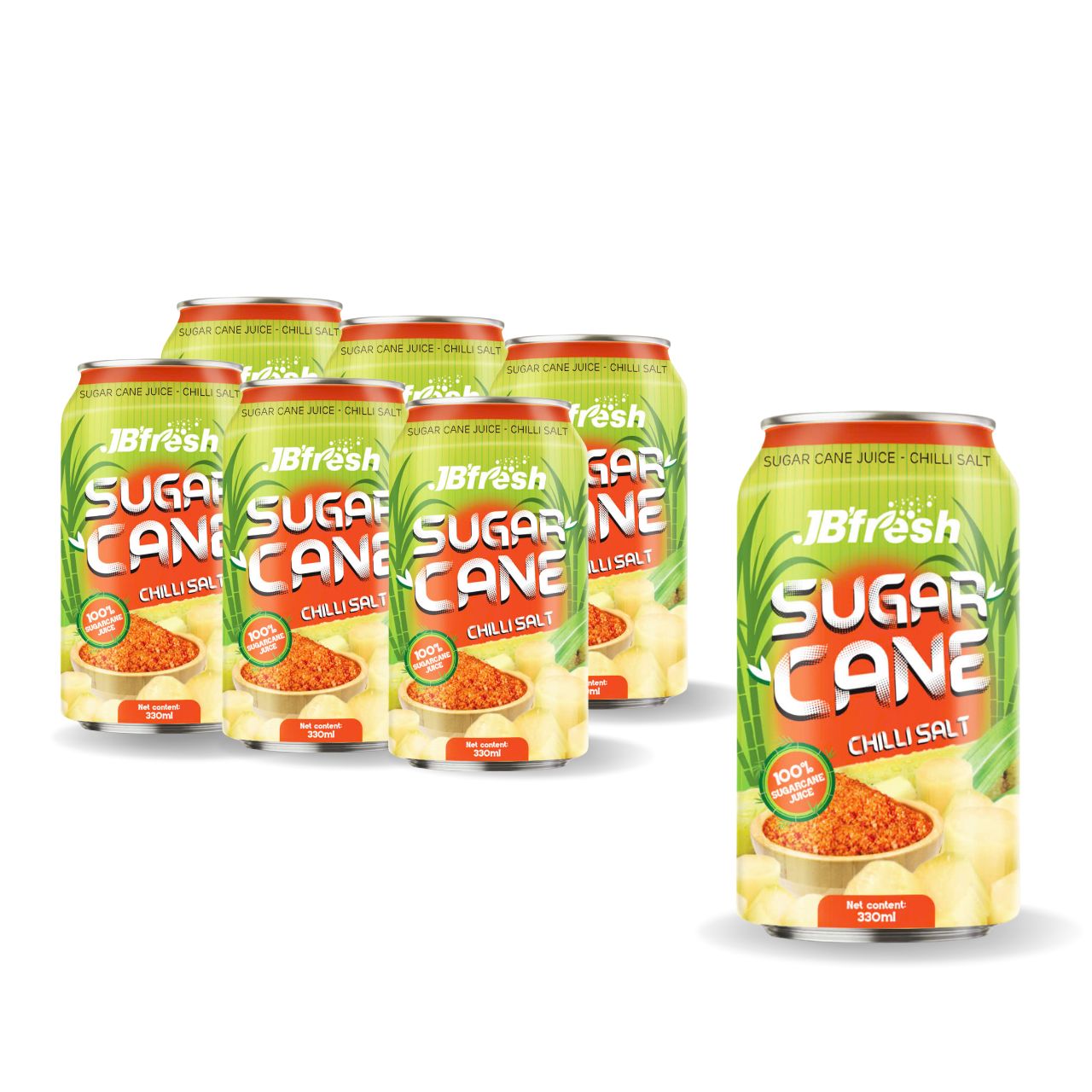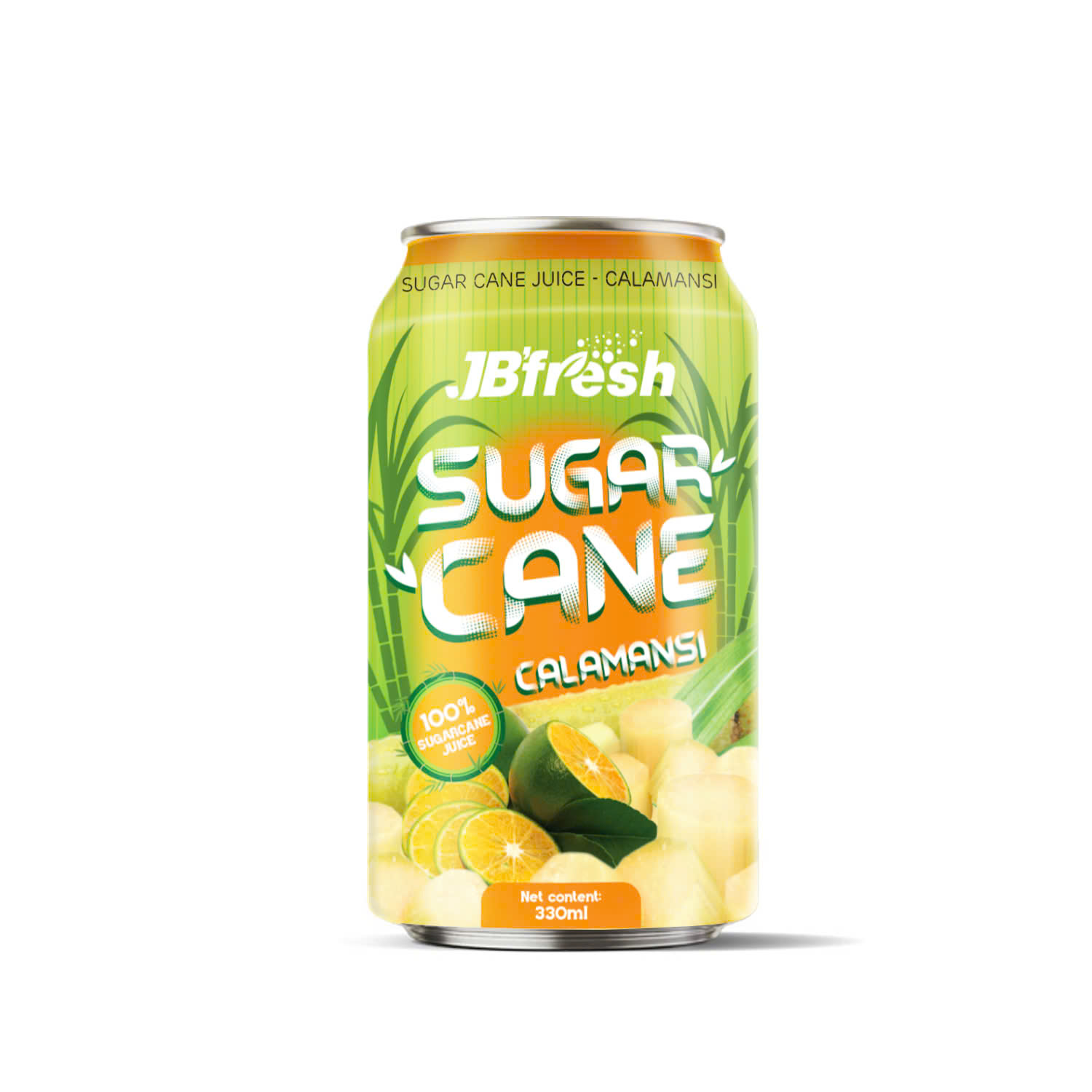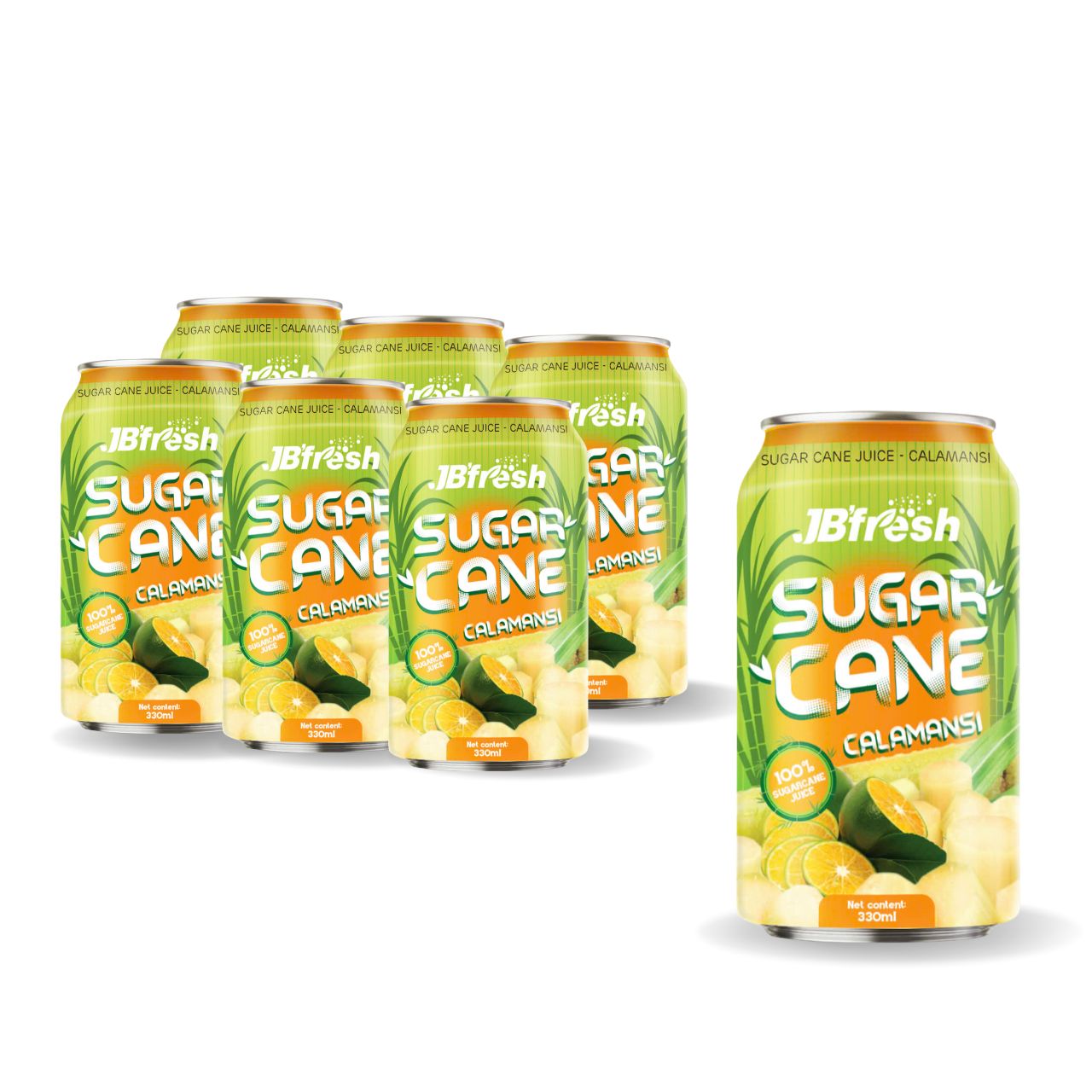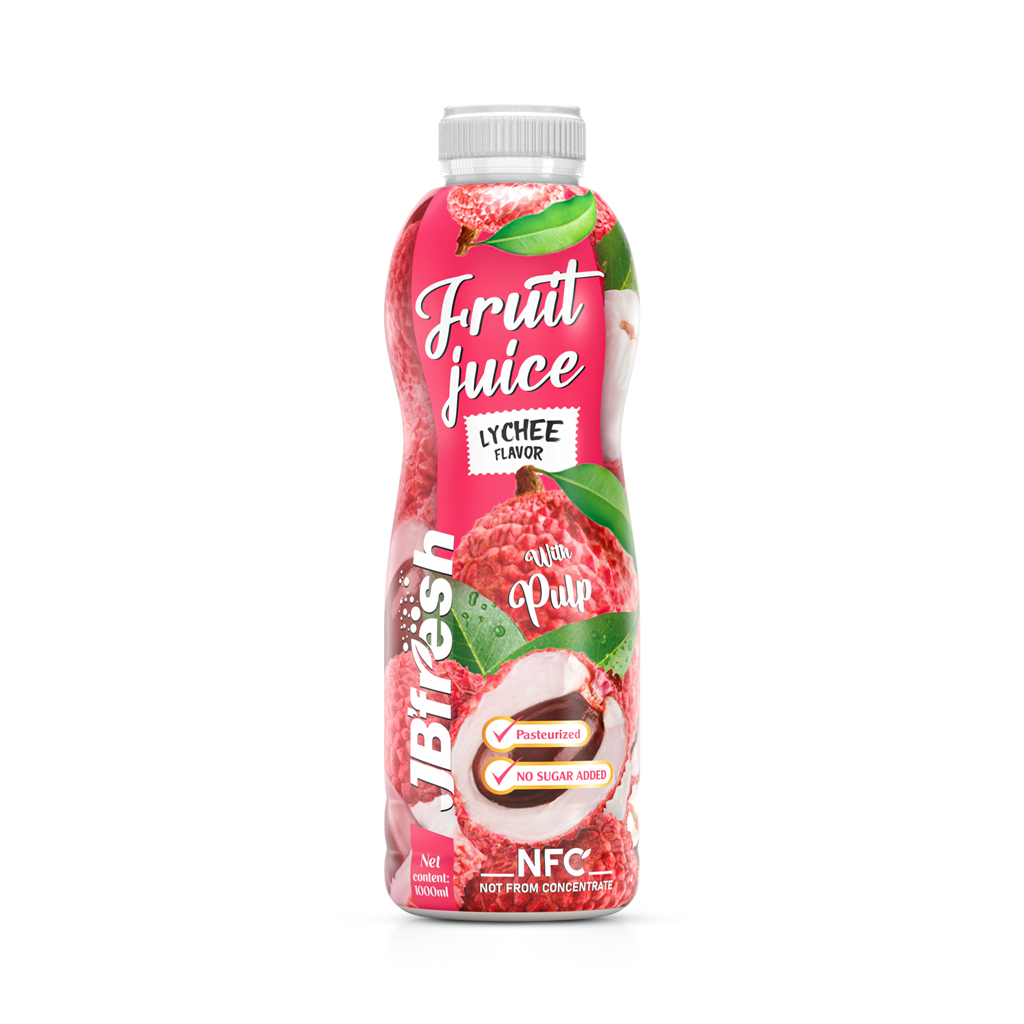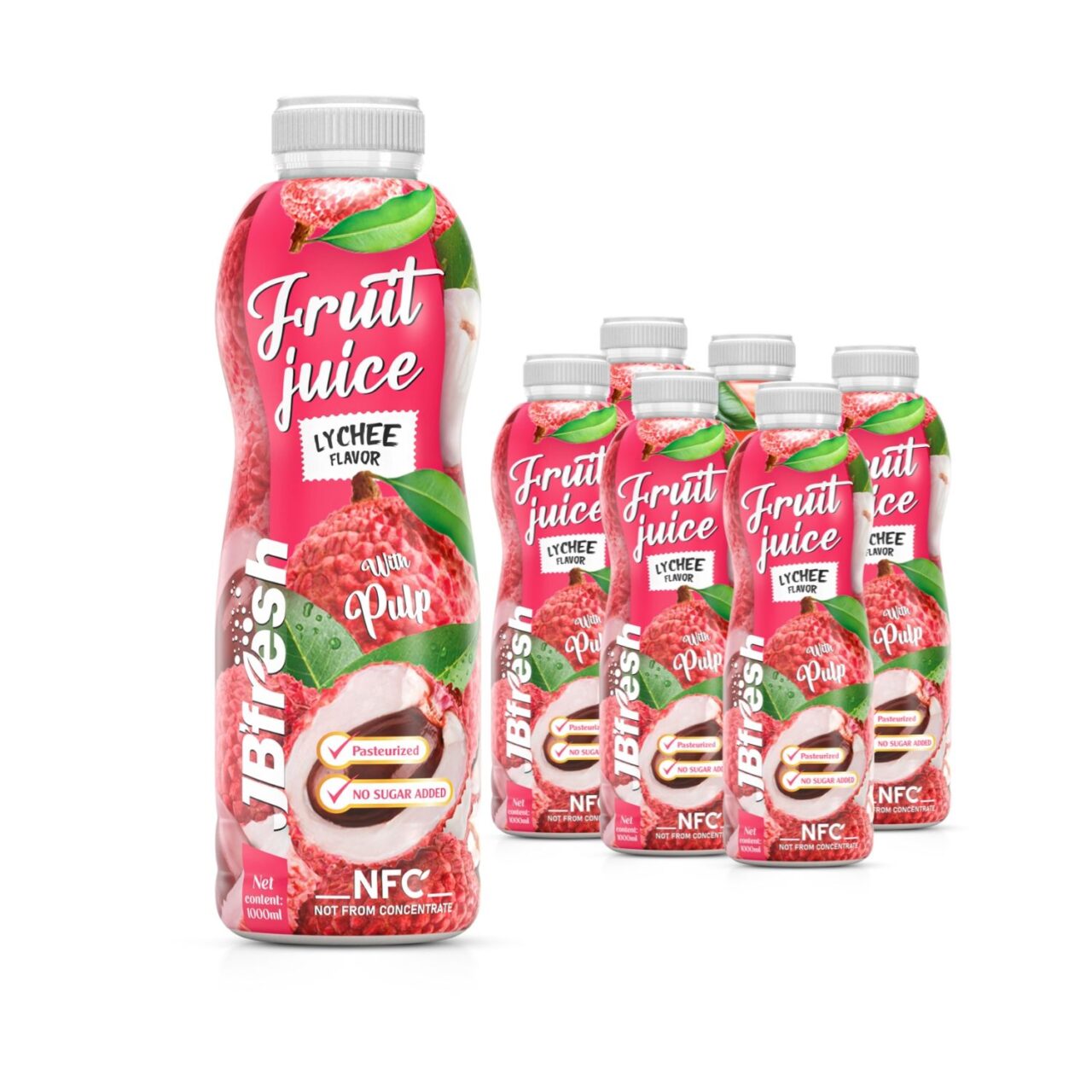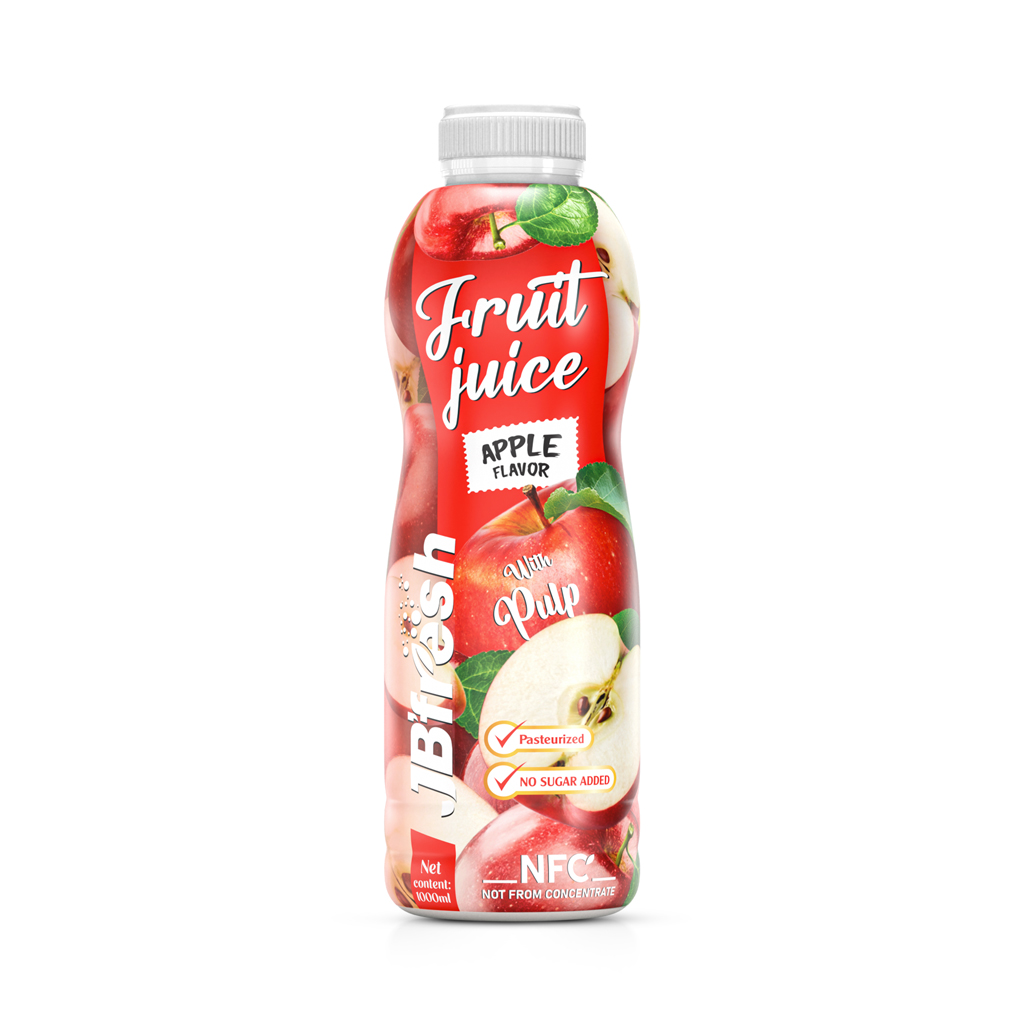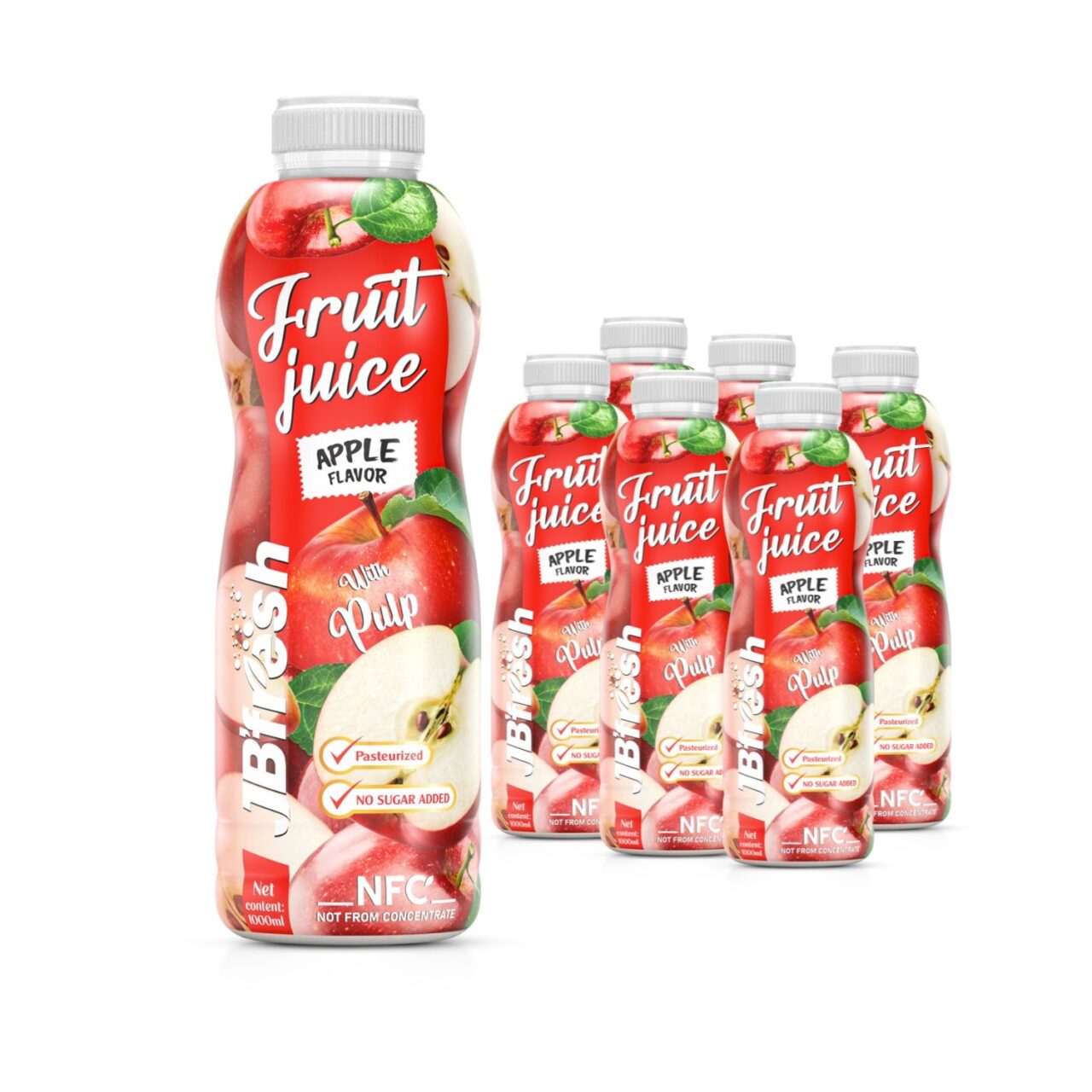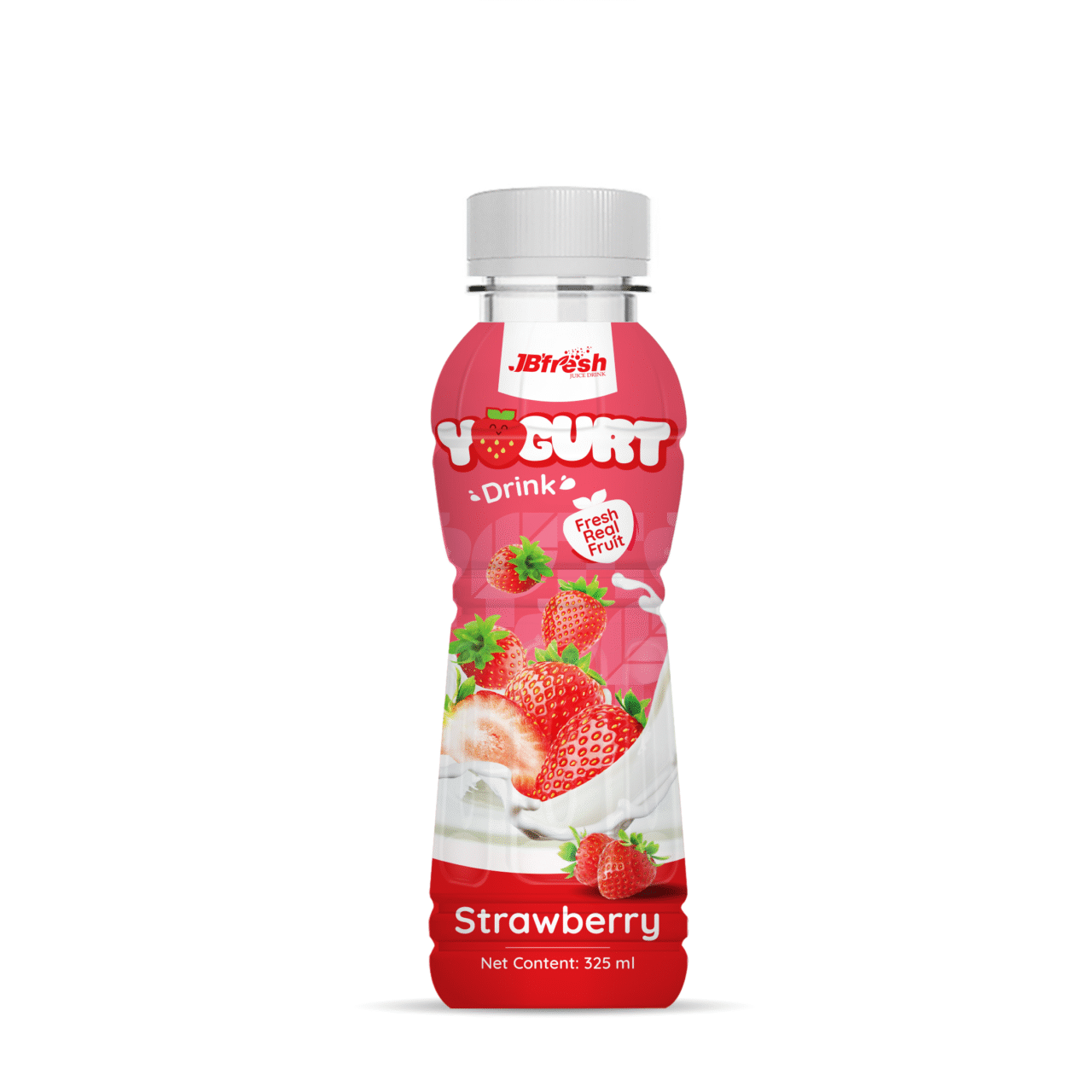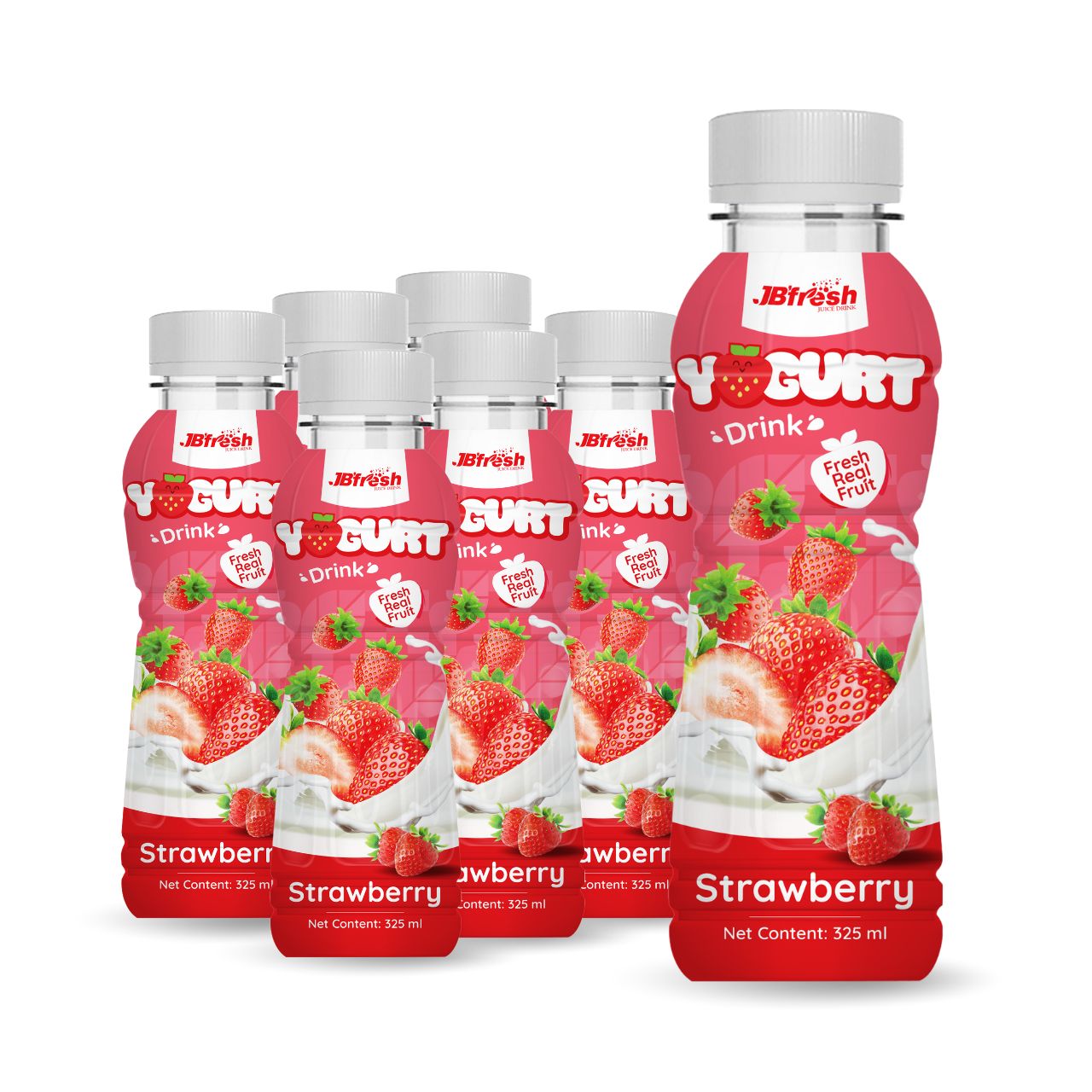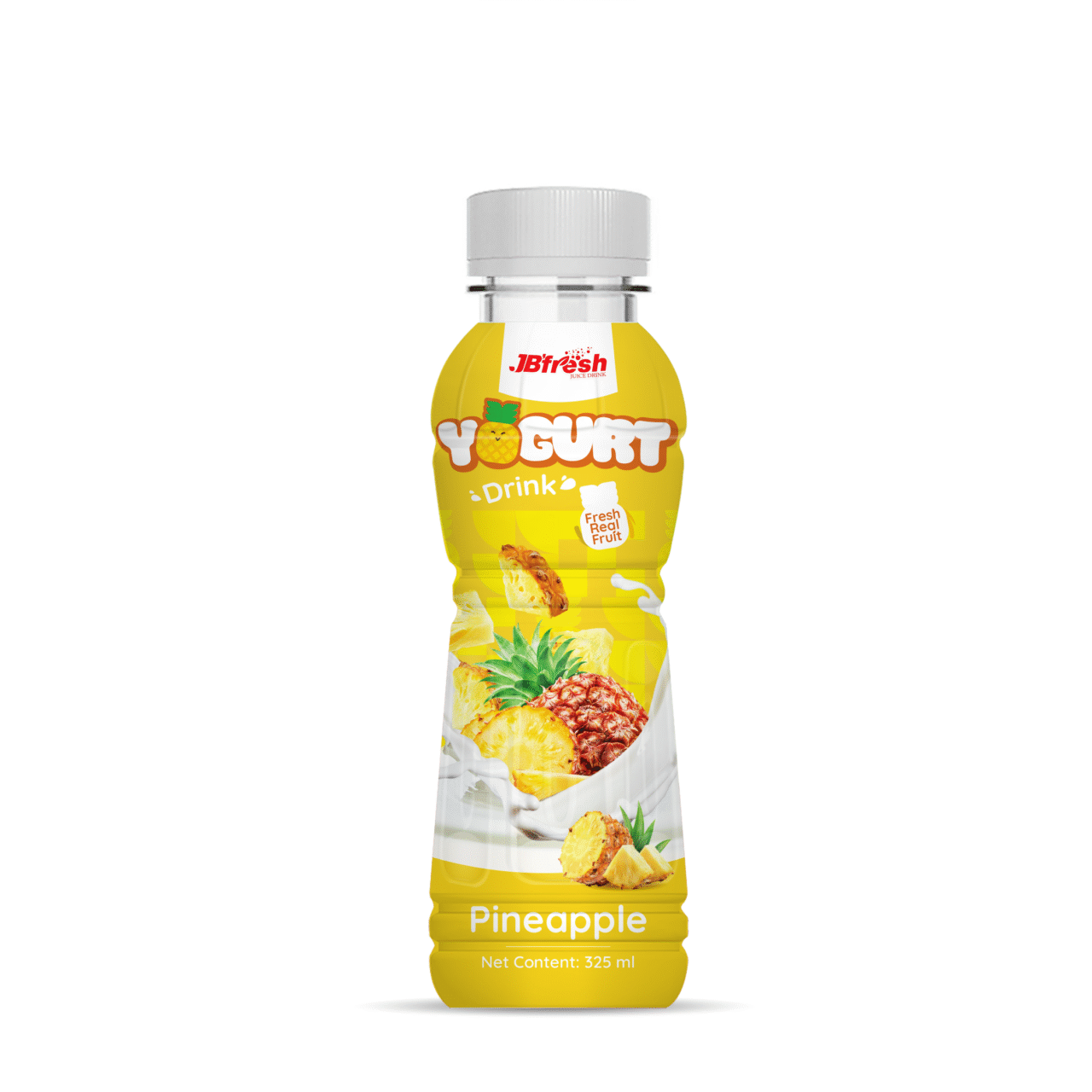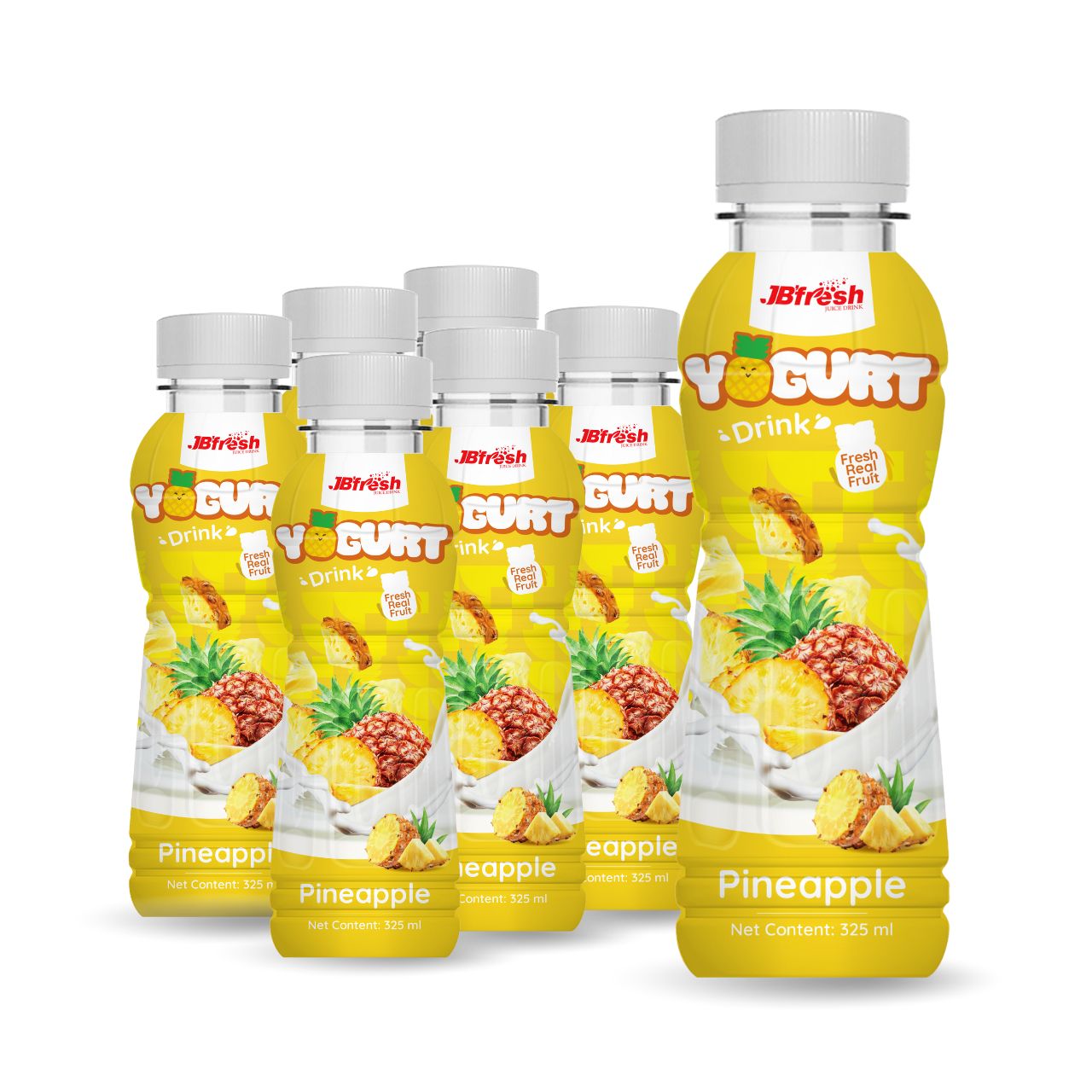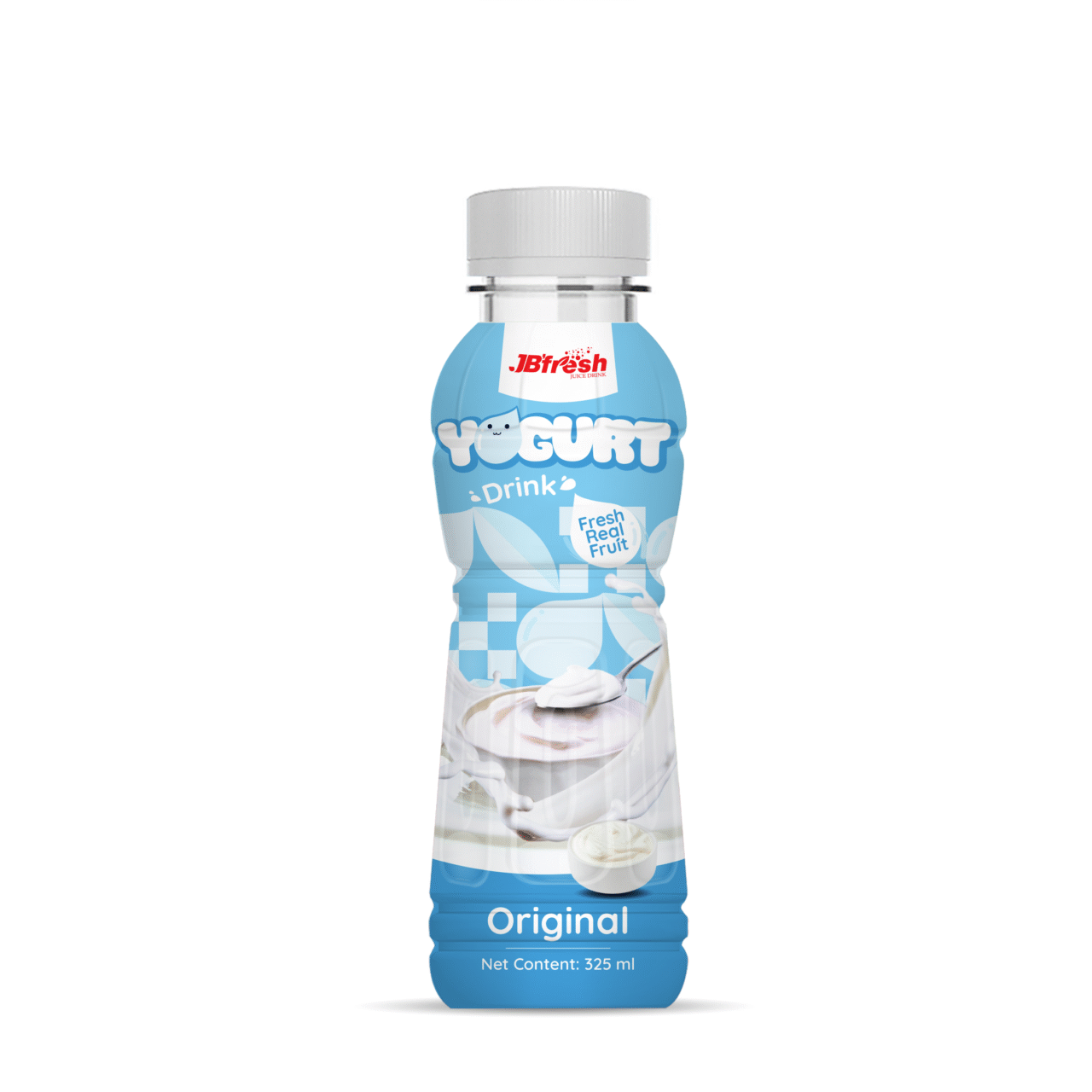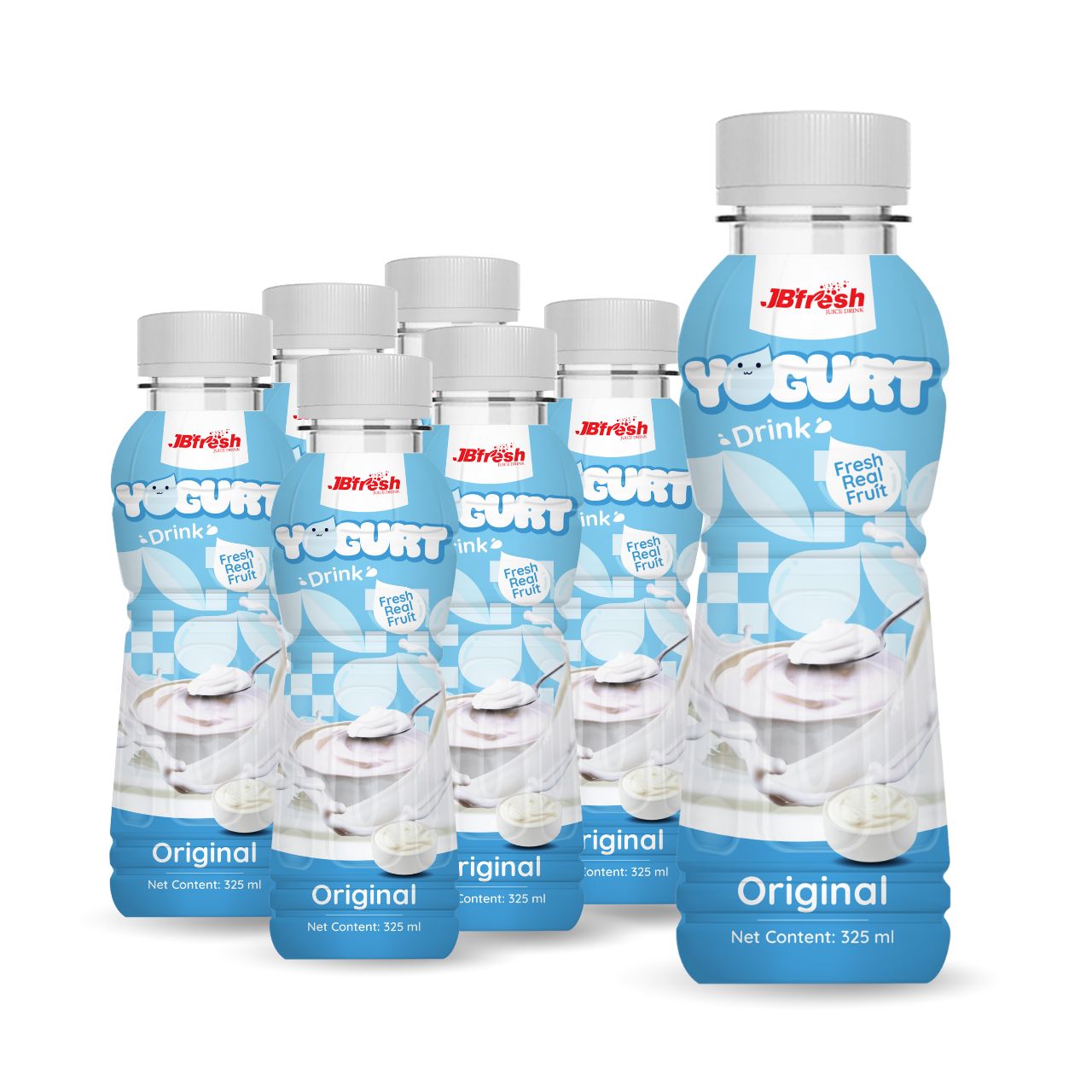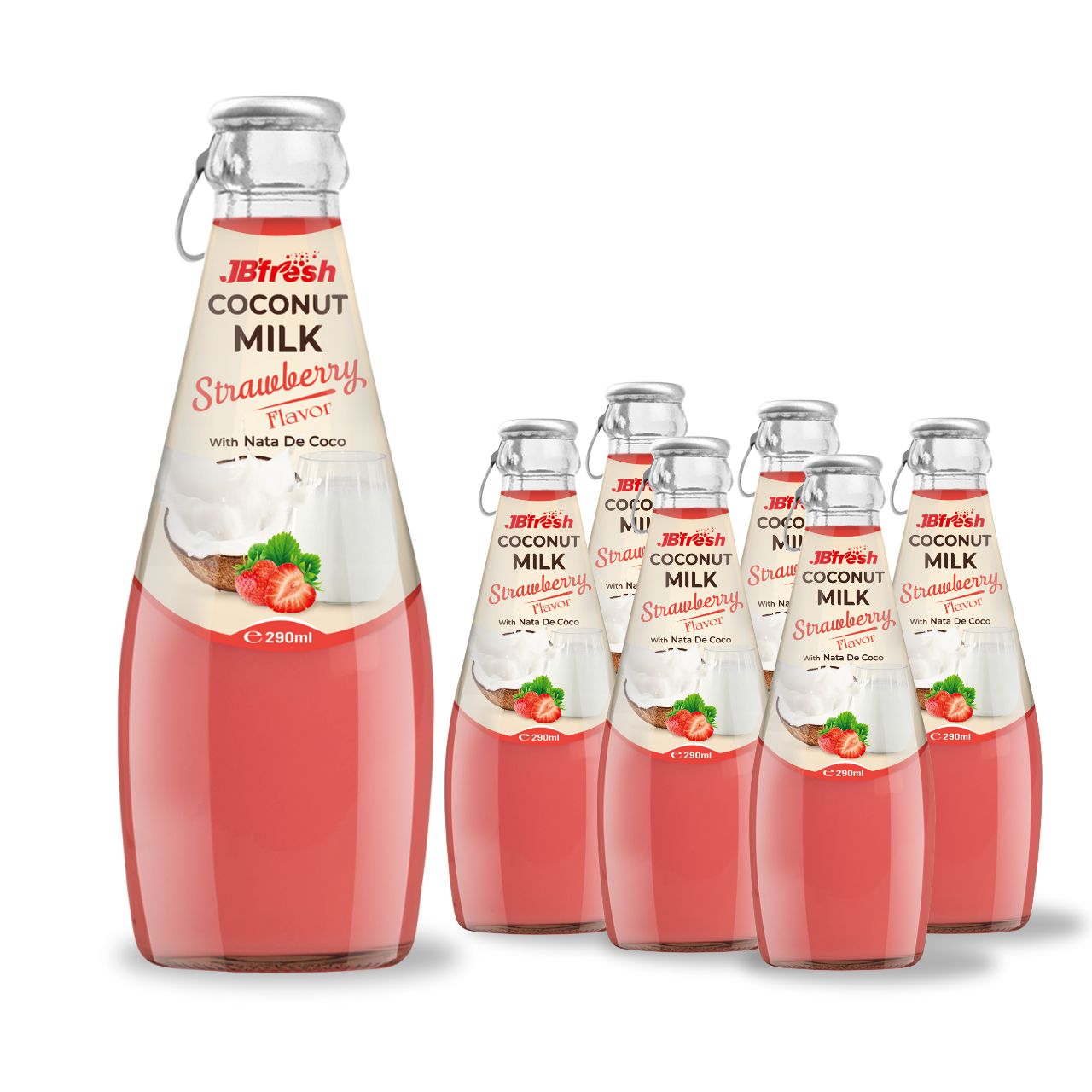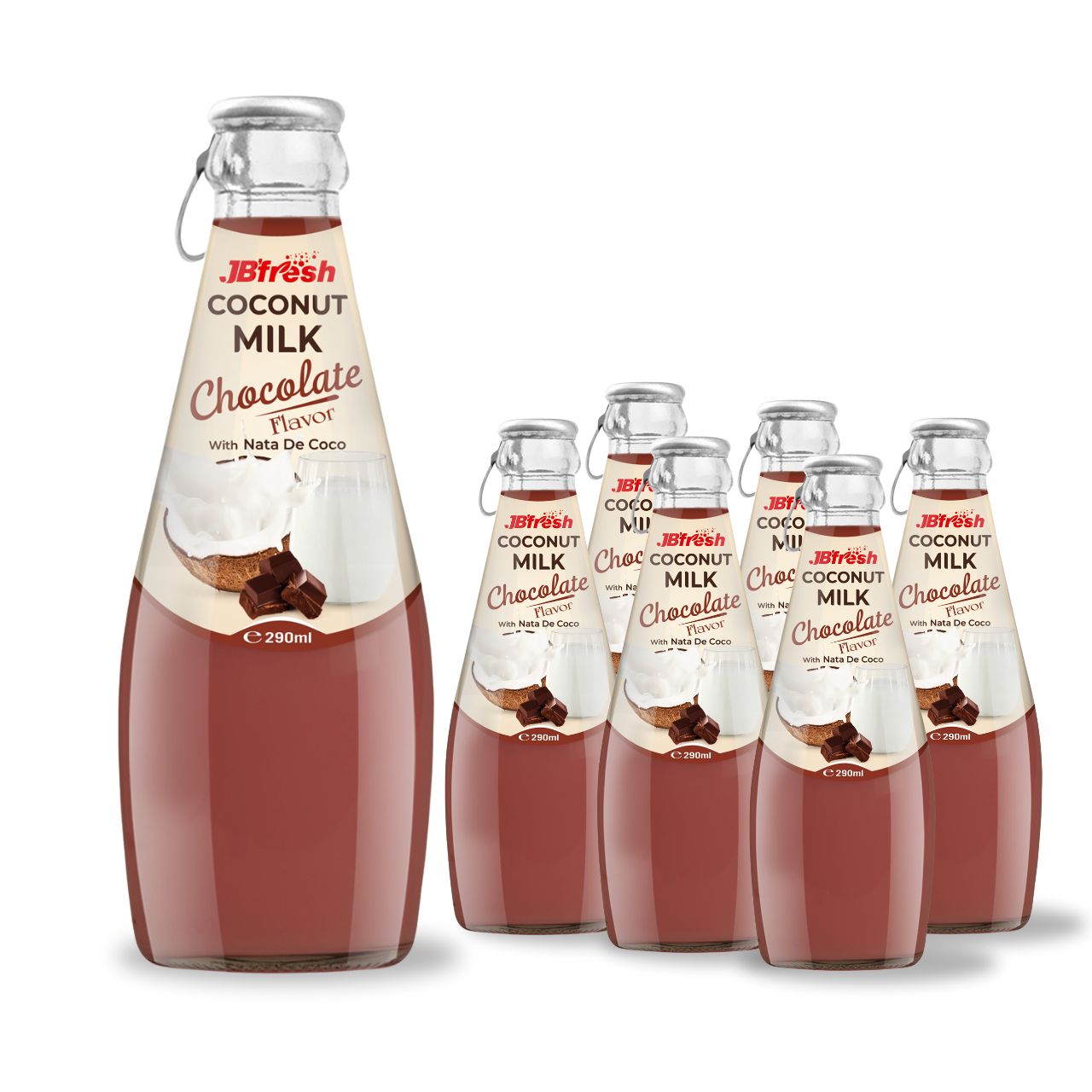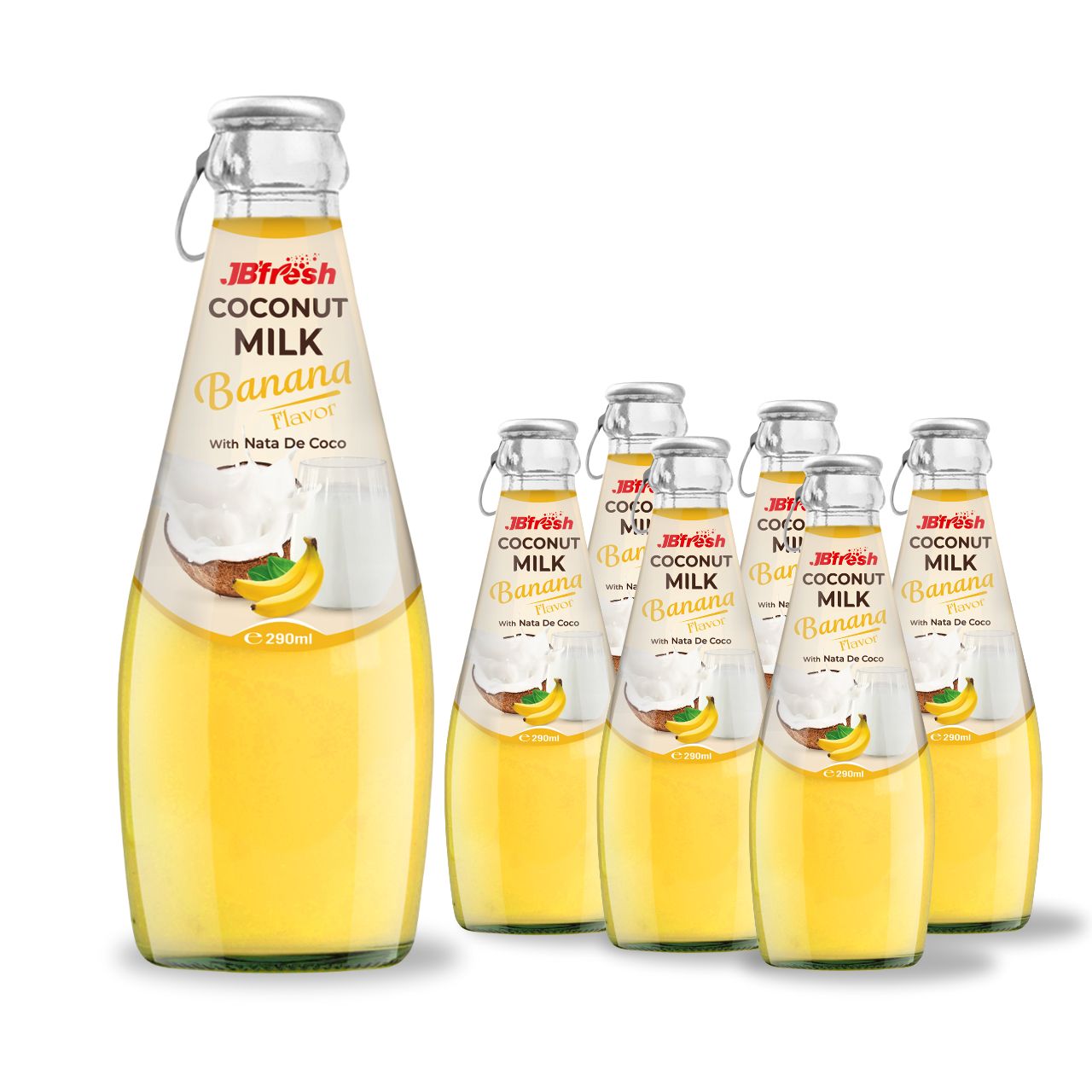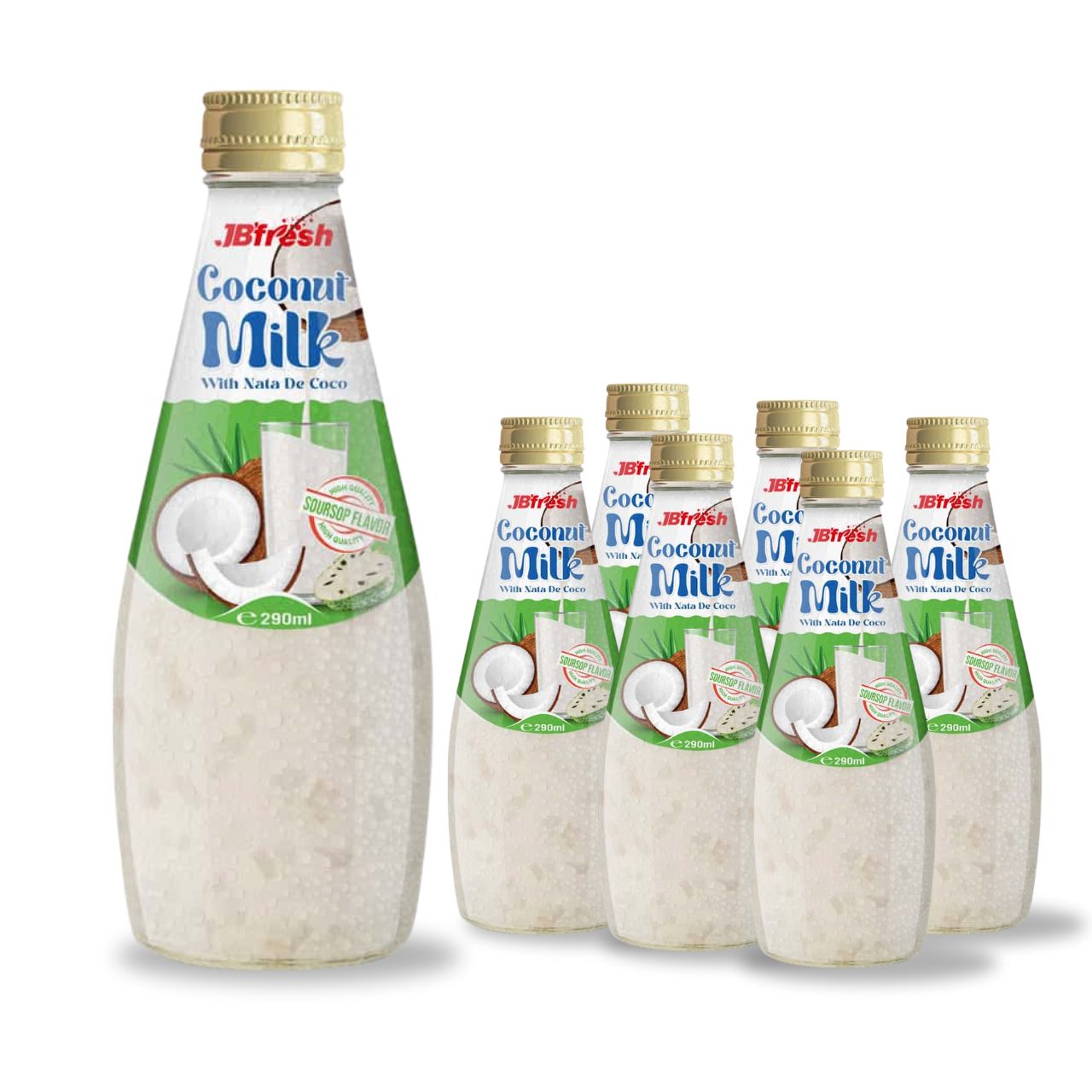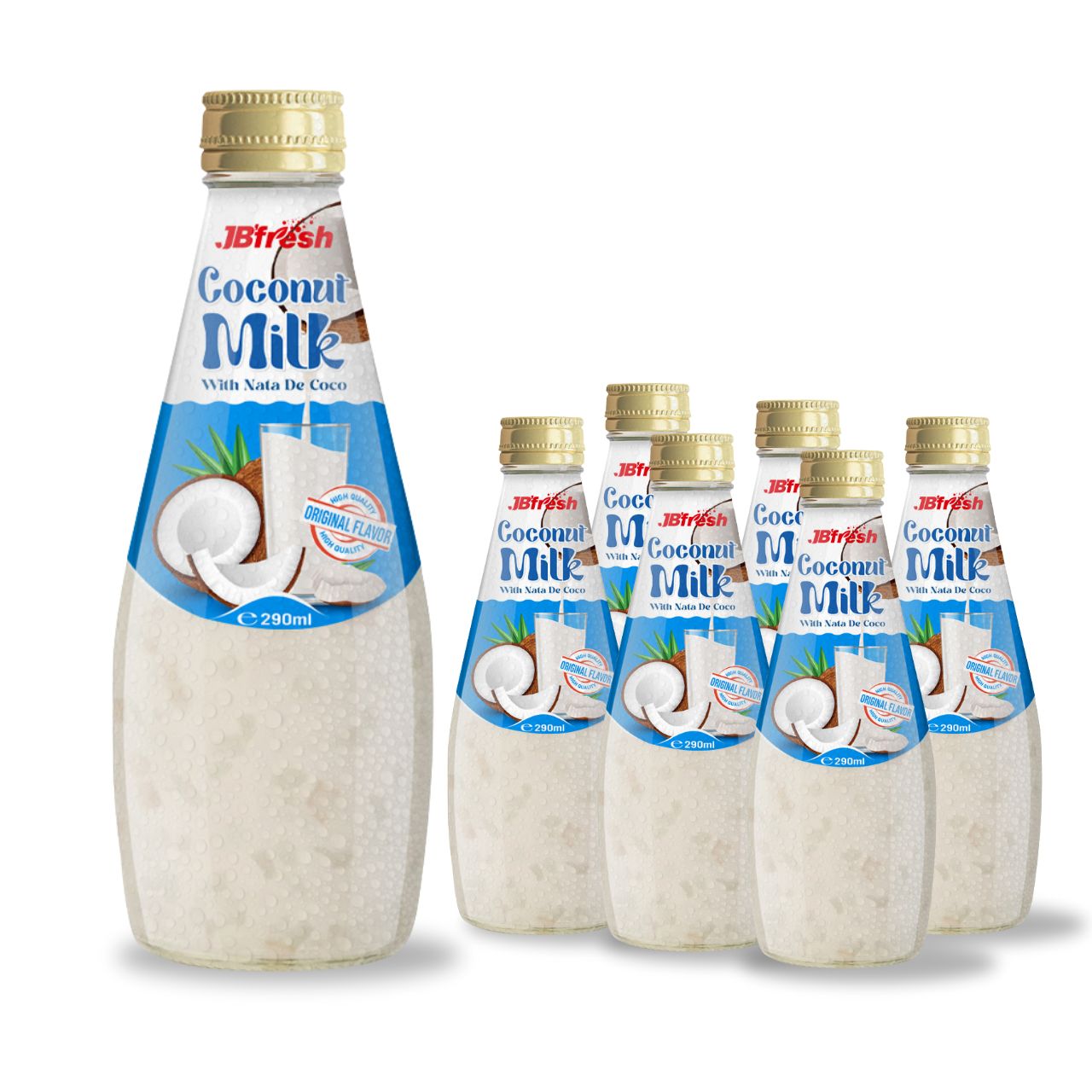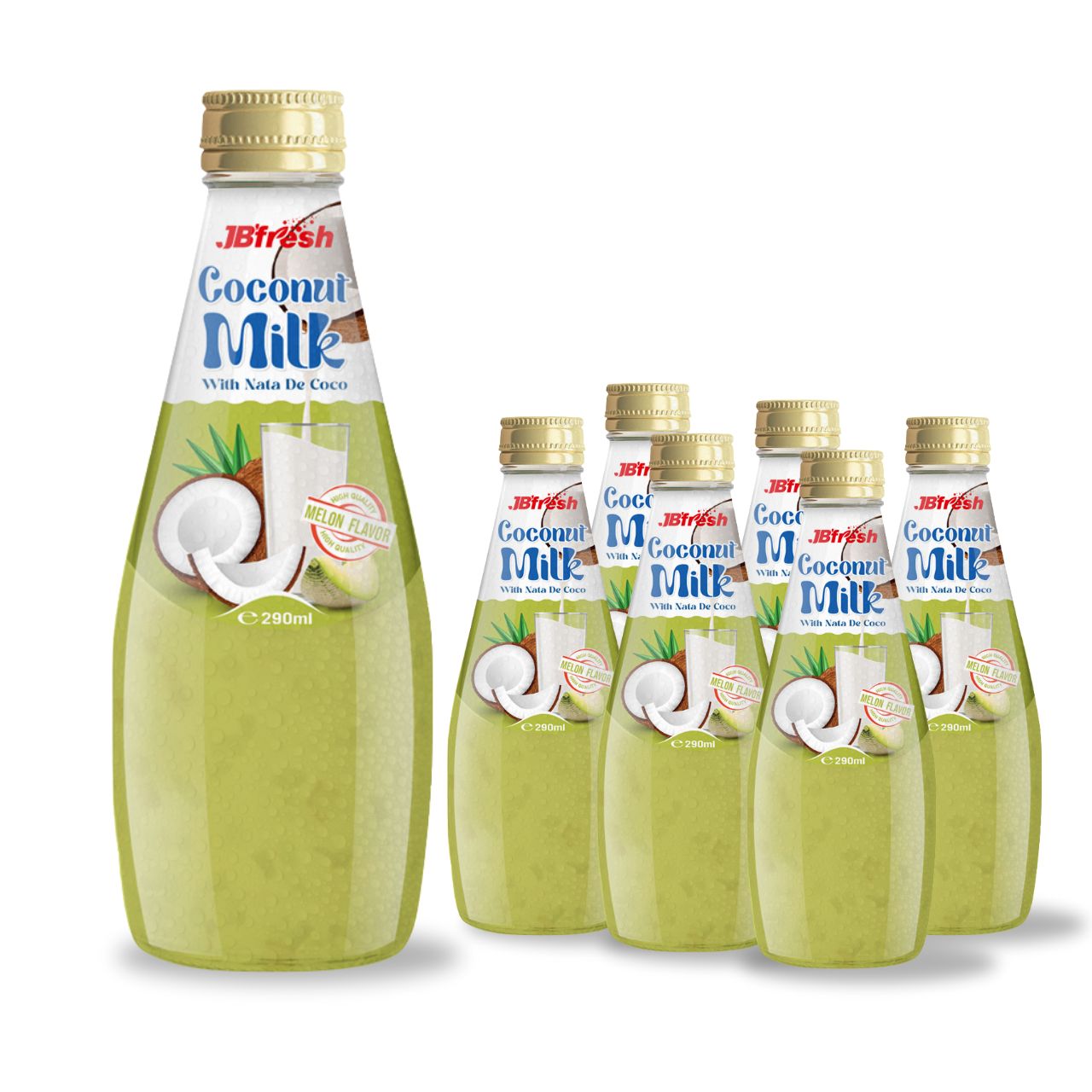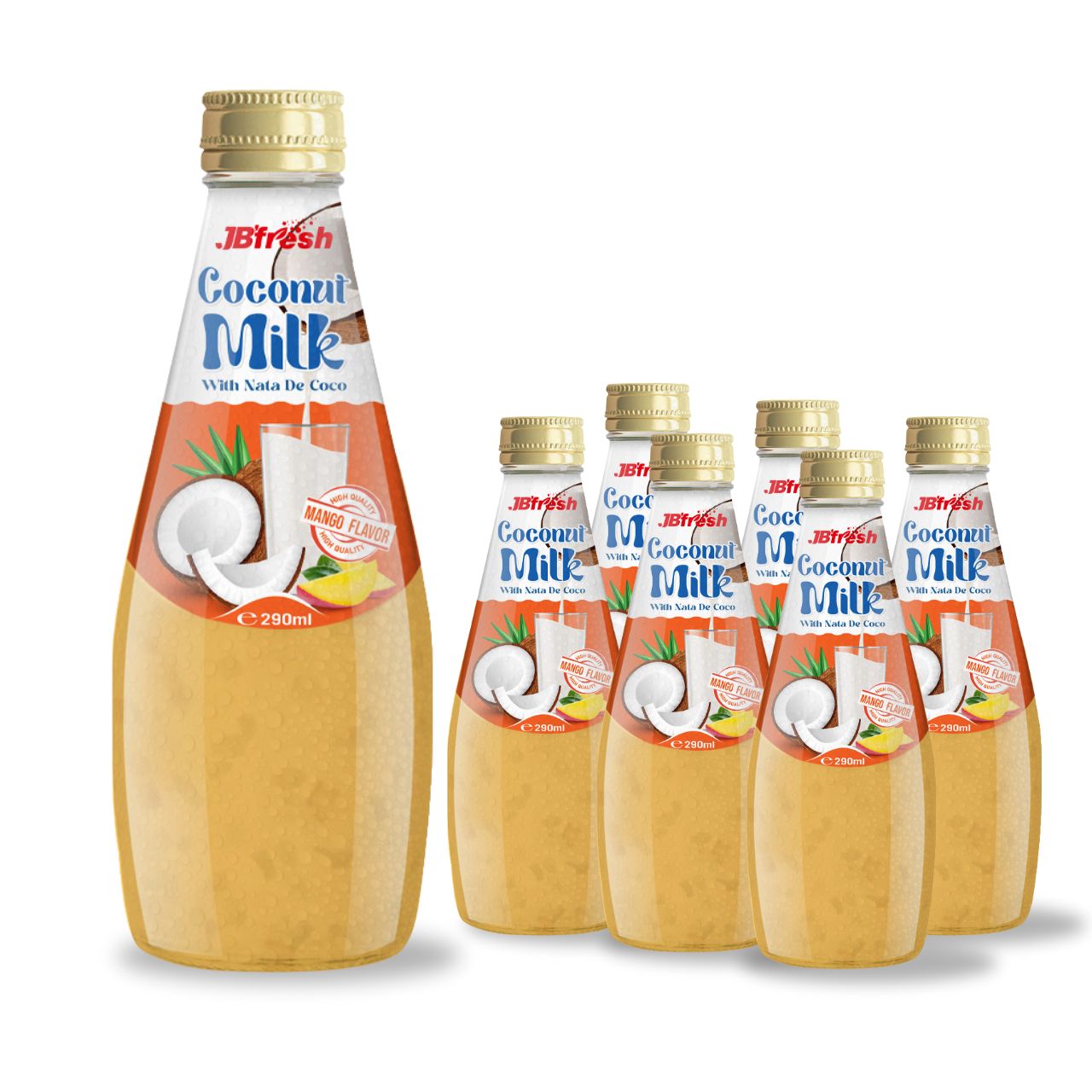1/ What are your accepted payment terms?
We accept payment methods such as T/T and Letter of Credit (L/C) upon agreement.
2/ What is the minimum order quantity?
Our minimum order quantity starts at 300 cartons for our branded products or one 20ft container for customized branding.
3/ Do you provide label design services?
Yes, our team of professional designers can assist you with your label artwork. This service is provided FREE of charge for our clients.
4/ What type of bottles do you use?
We use high-quality PET (plastic) bottles that are durable and available in both clear and colored options. These bottles are superior in quality compared to standard lightweight store-brand bottles.
5/ What is the product’s shelf life, and how long can it be stored before consumption?
Our products have a shelf life of 24 months from the production date if unopened. Once opened, beverages last 7-10 days when refrigerated and 2-4 days if not refrigerated. The production date is stamped near the neck, on the cap of the bottles, or the bottom of the cans.
6/ What is the specific shelf life for each type of packaging?
PET and PP bottles have a shelf life of 18 months, while aluminum cans last for 24 months.
7/ Where do you source your materials?
Our materials are locally sourced in Vietnam.


